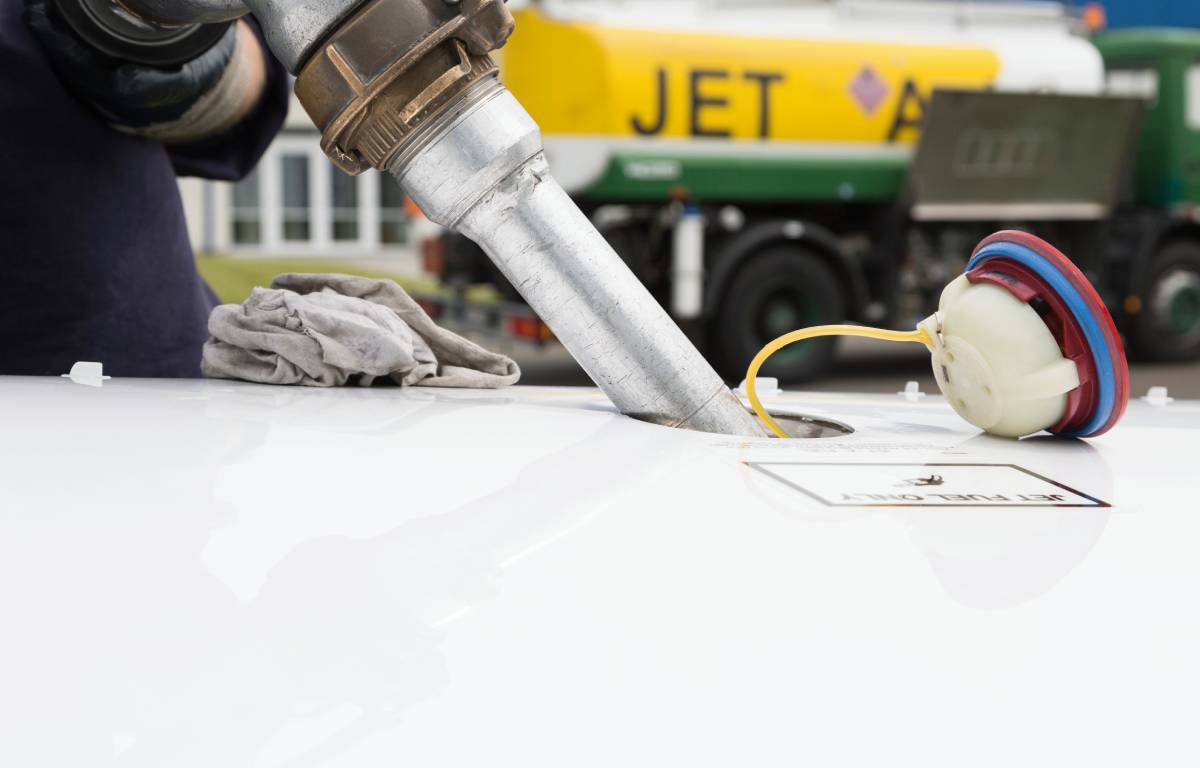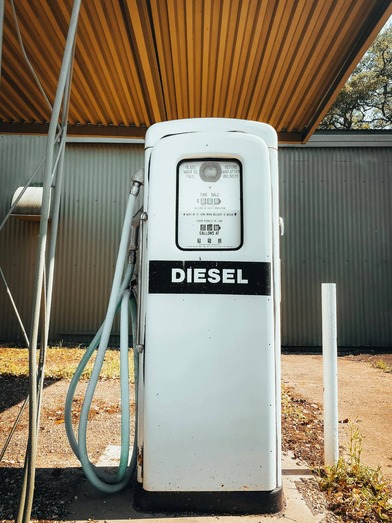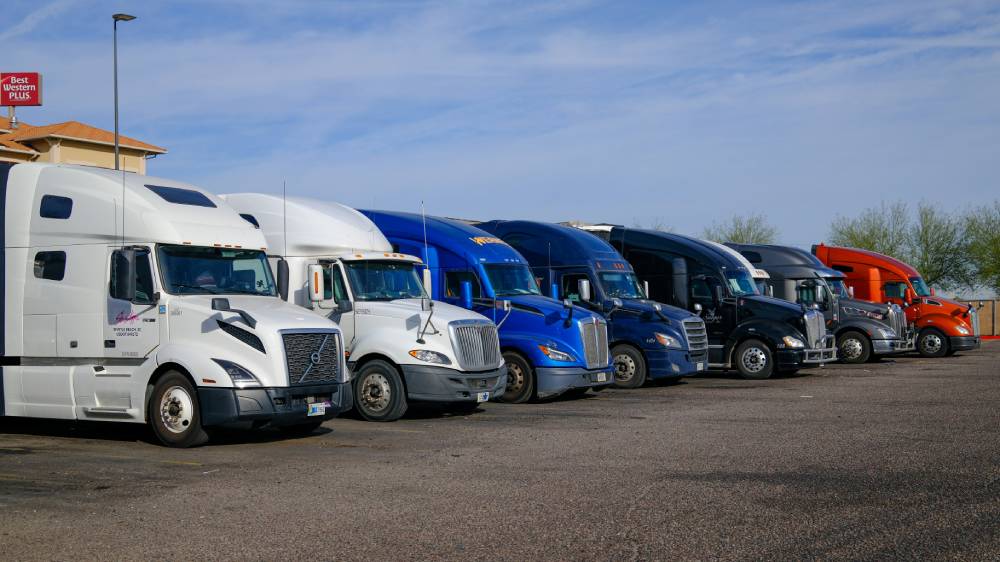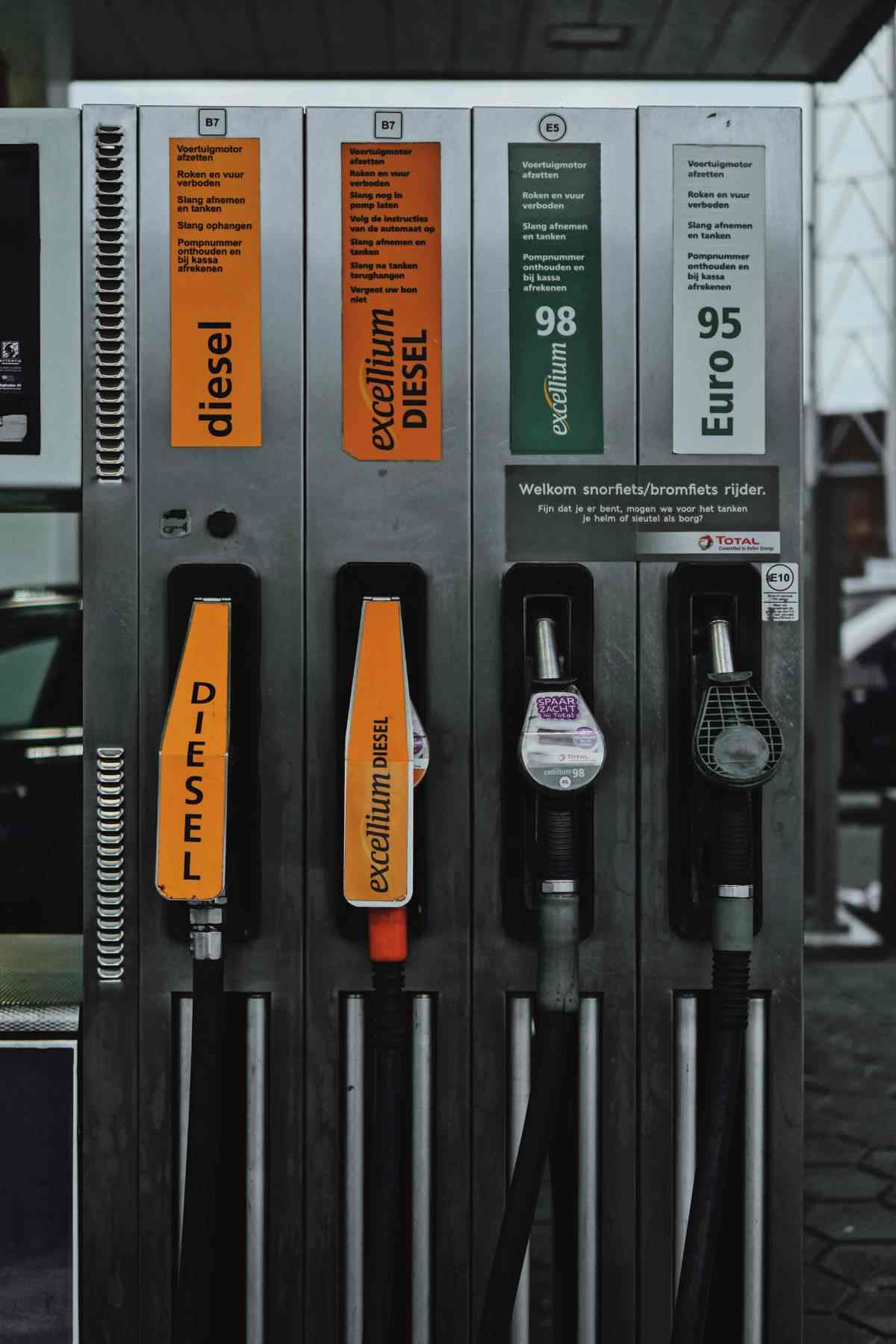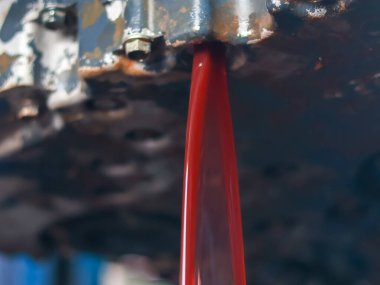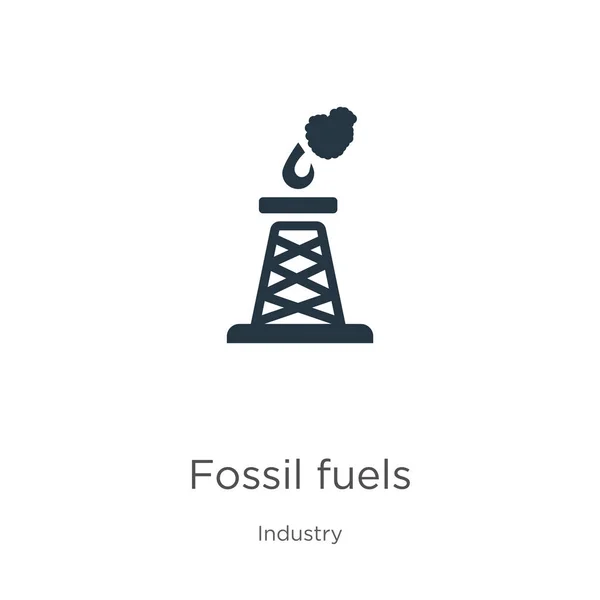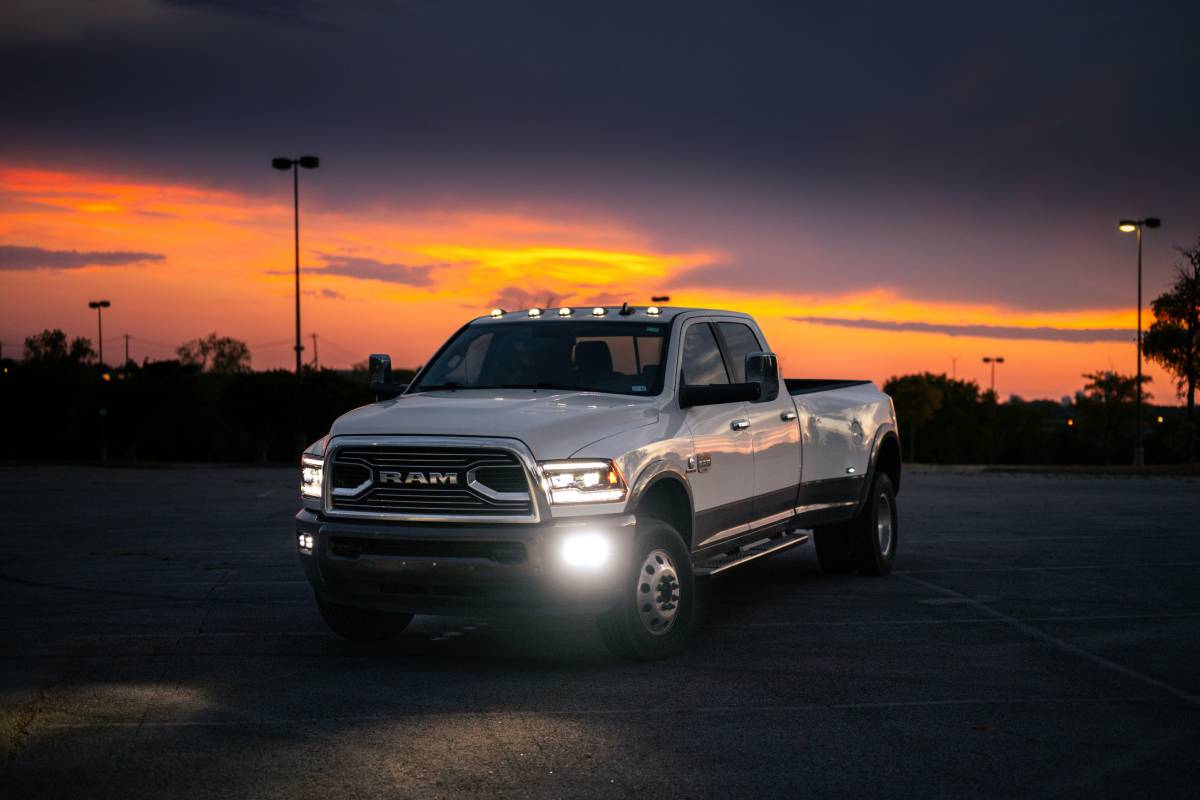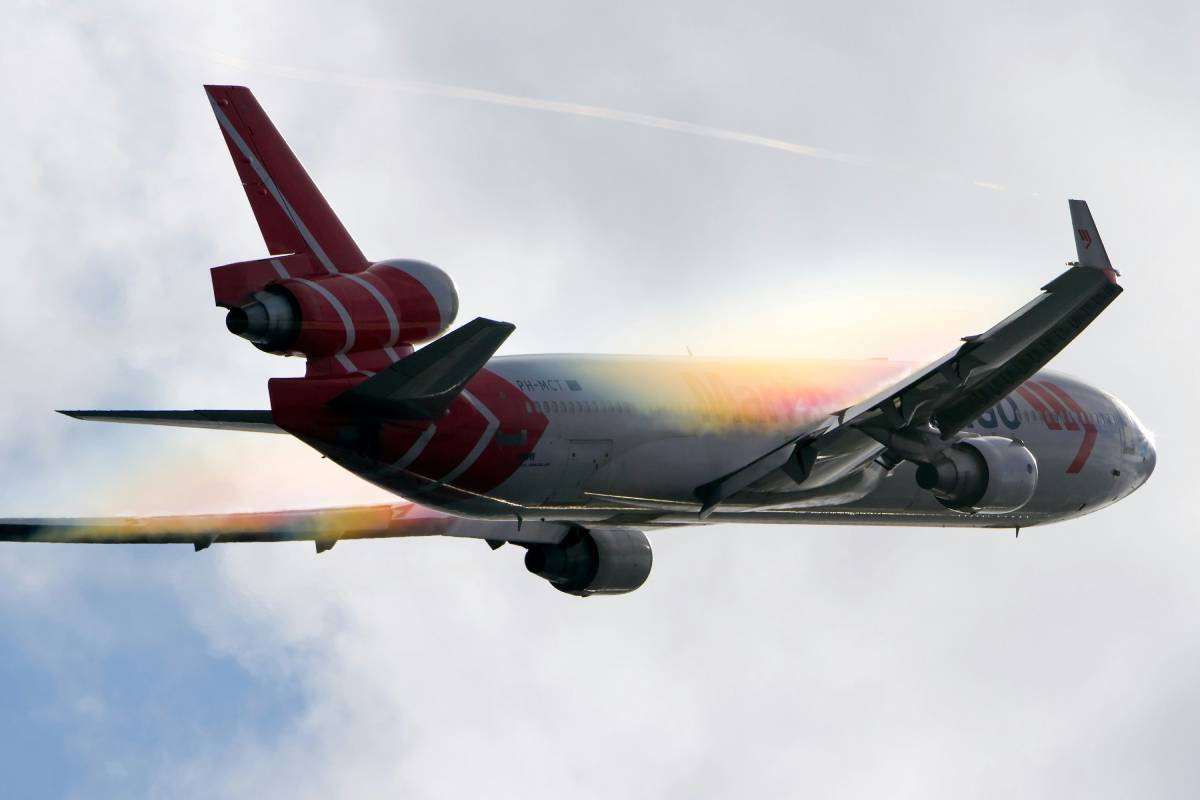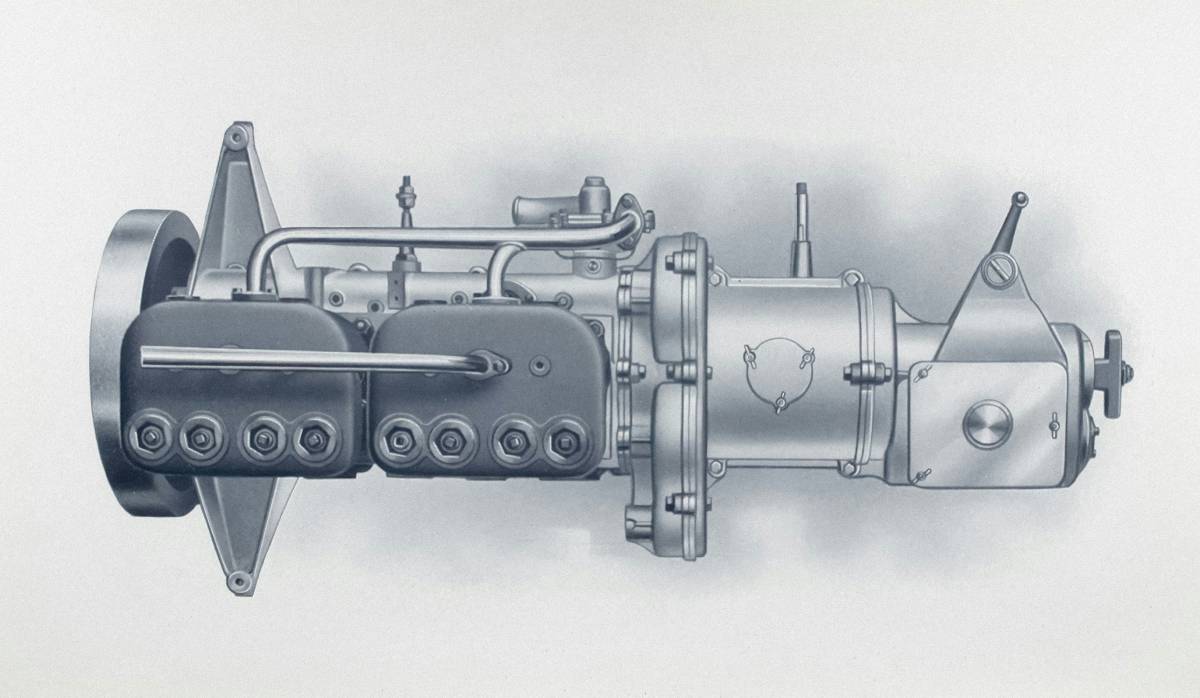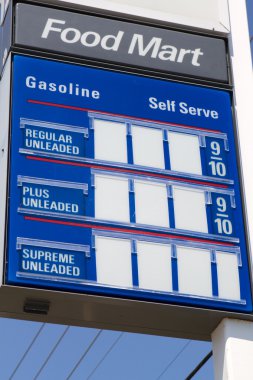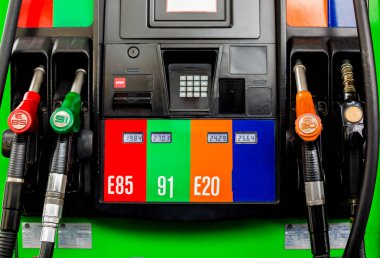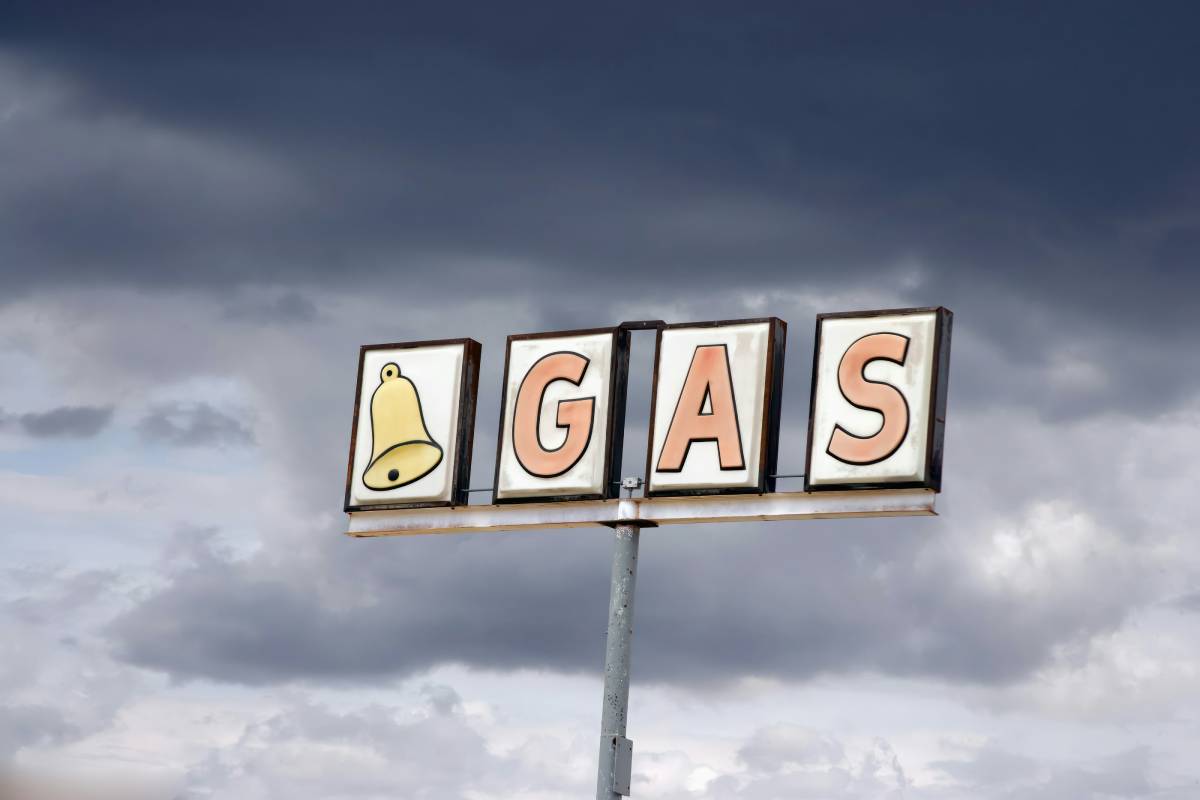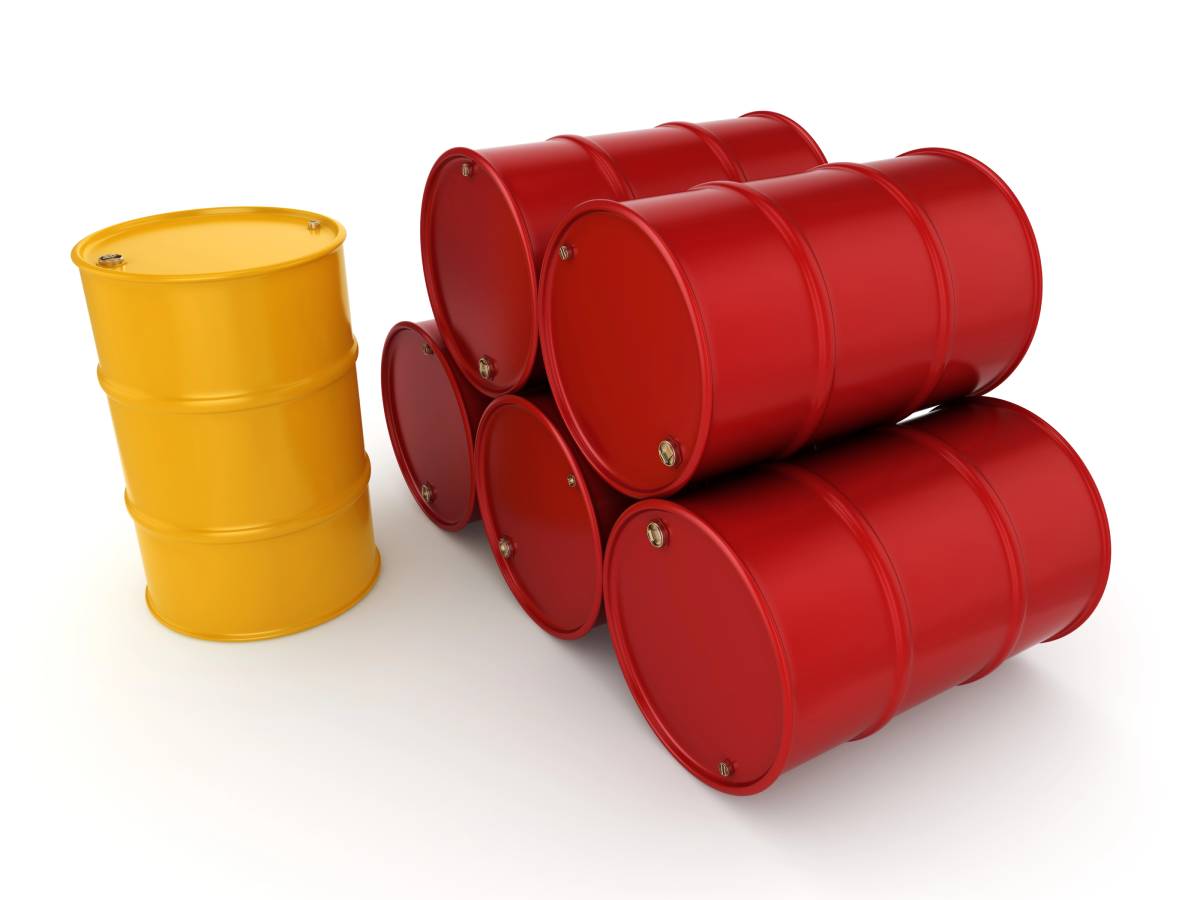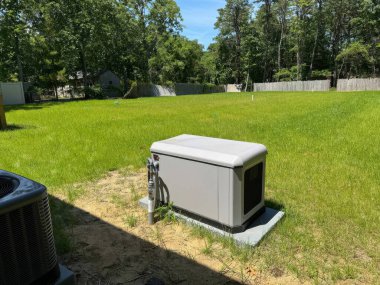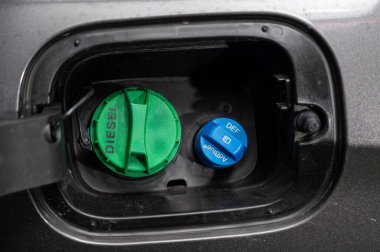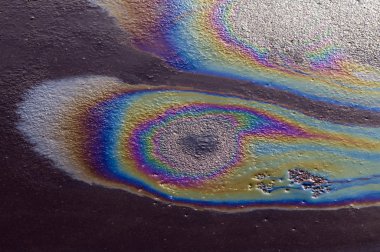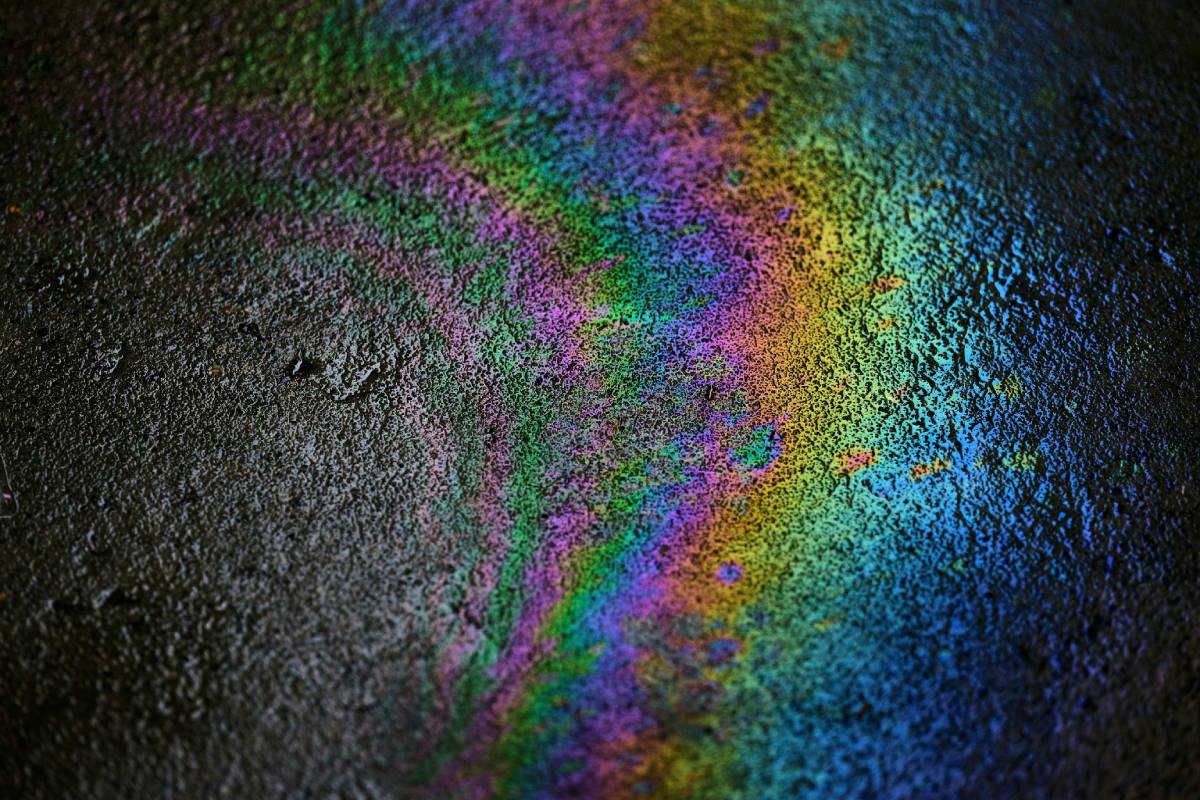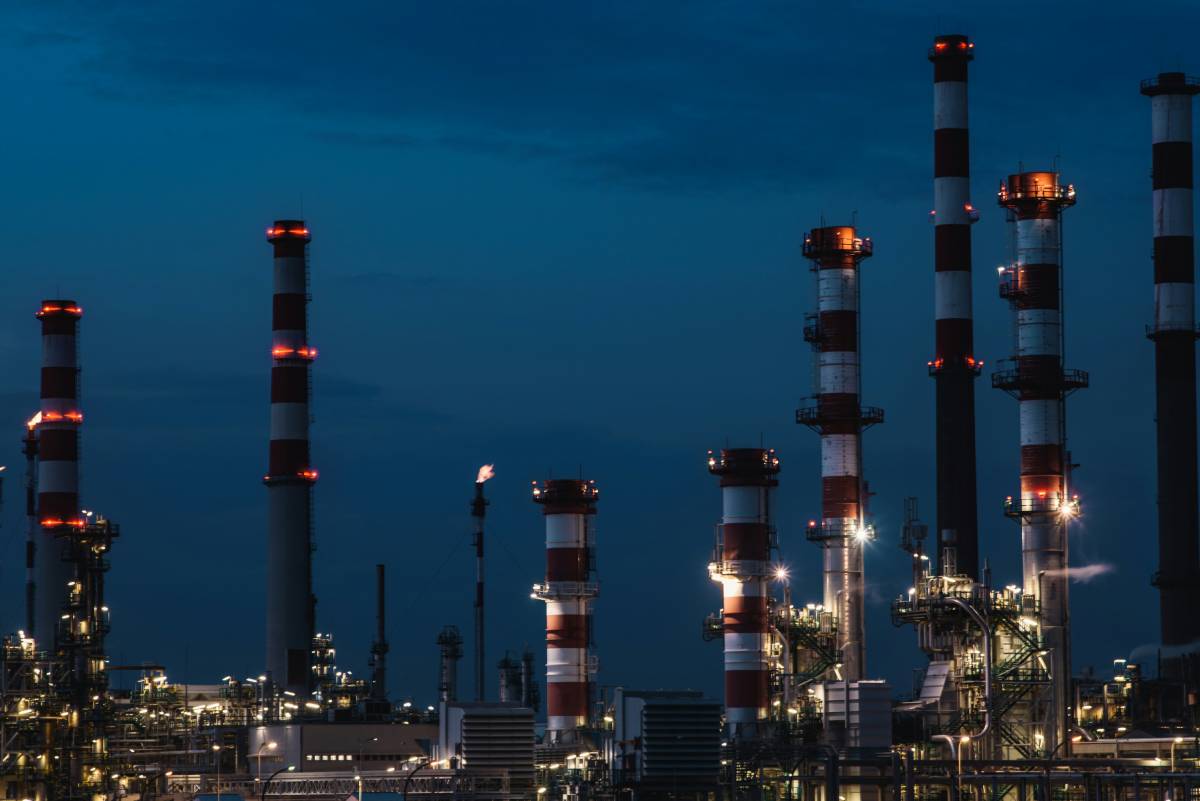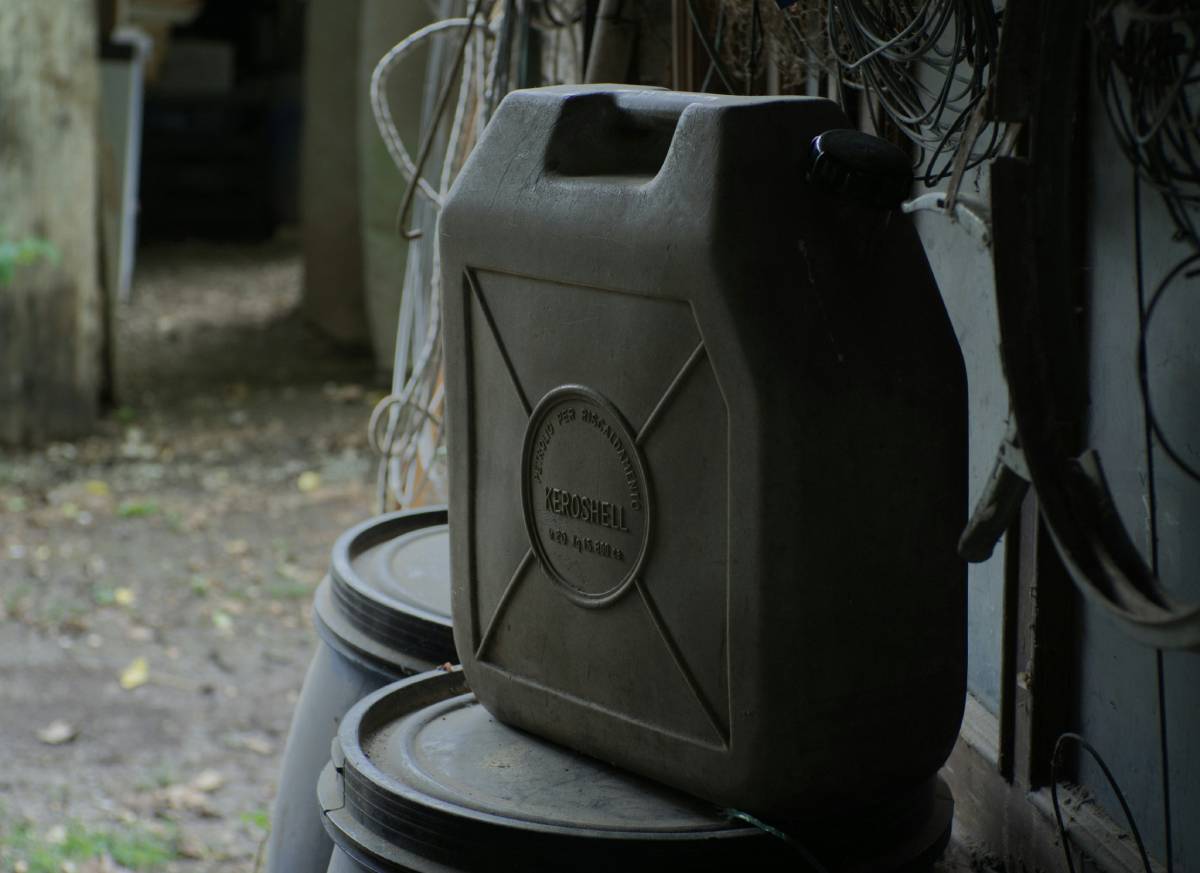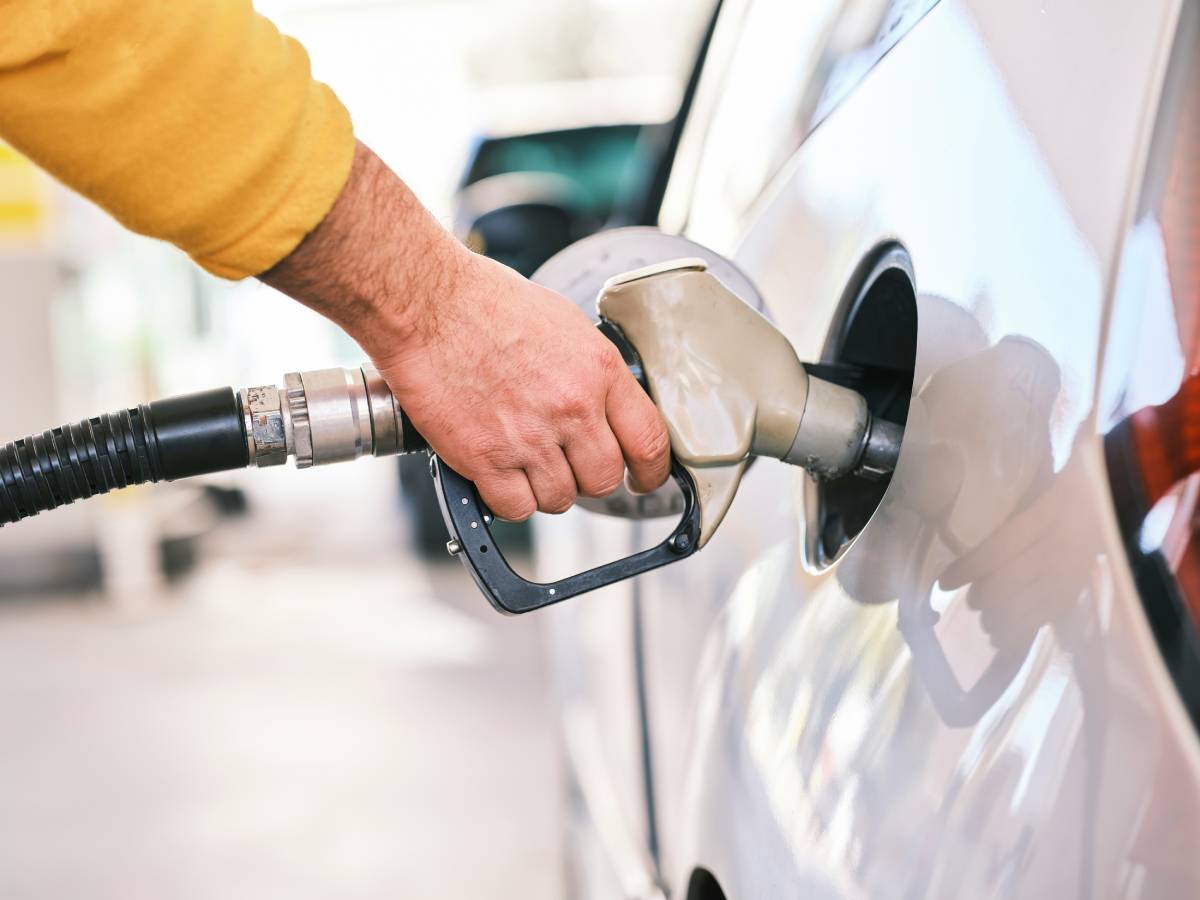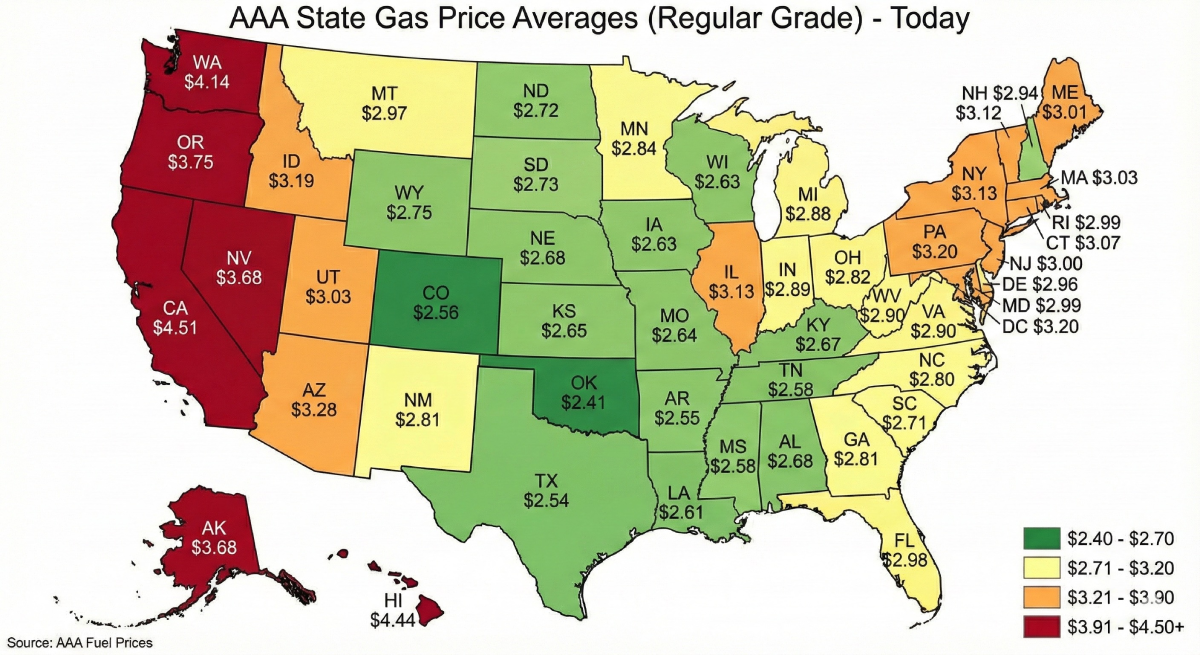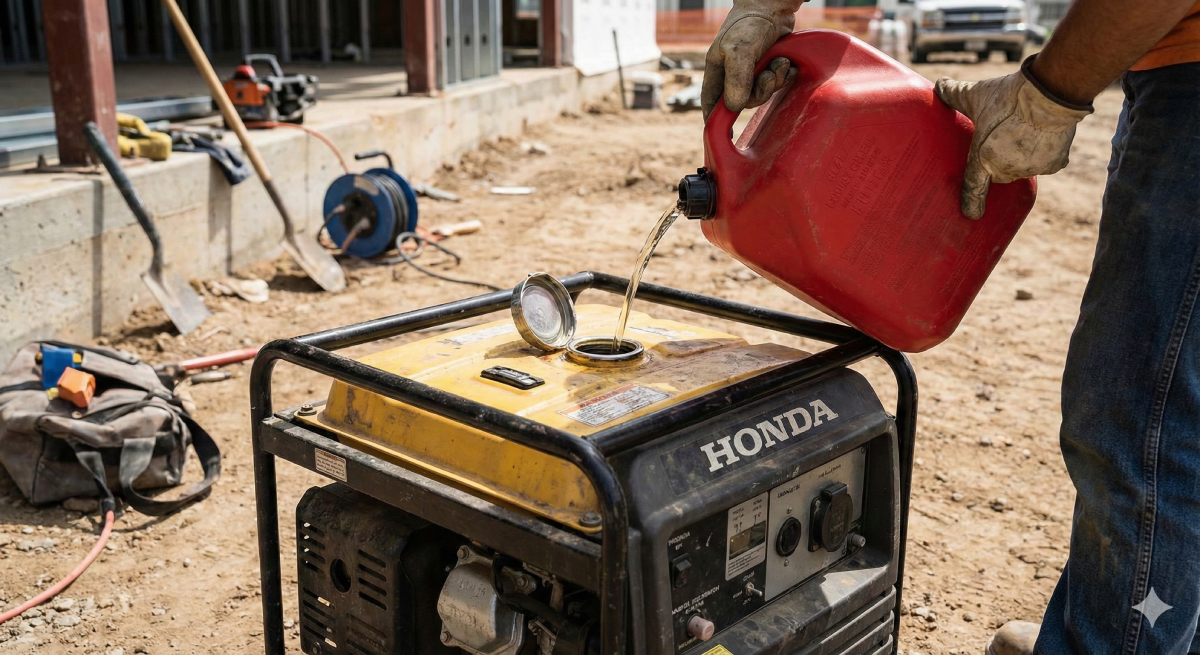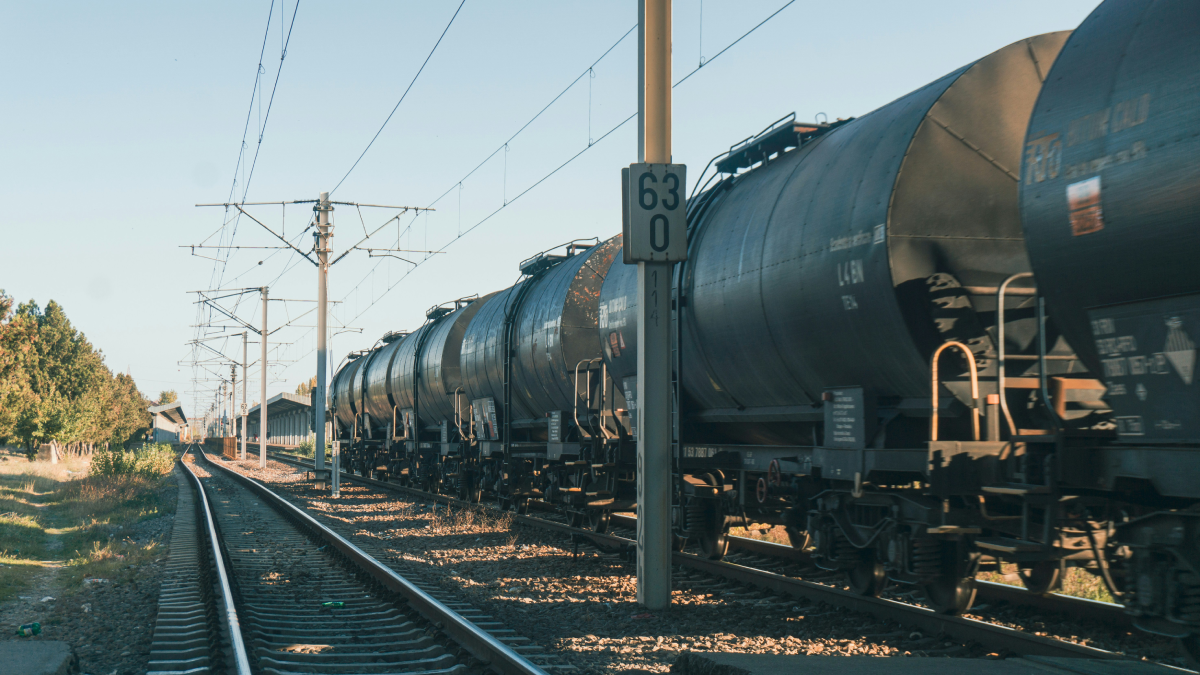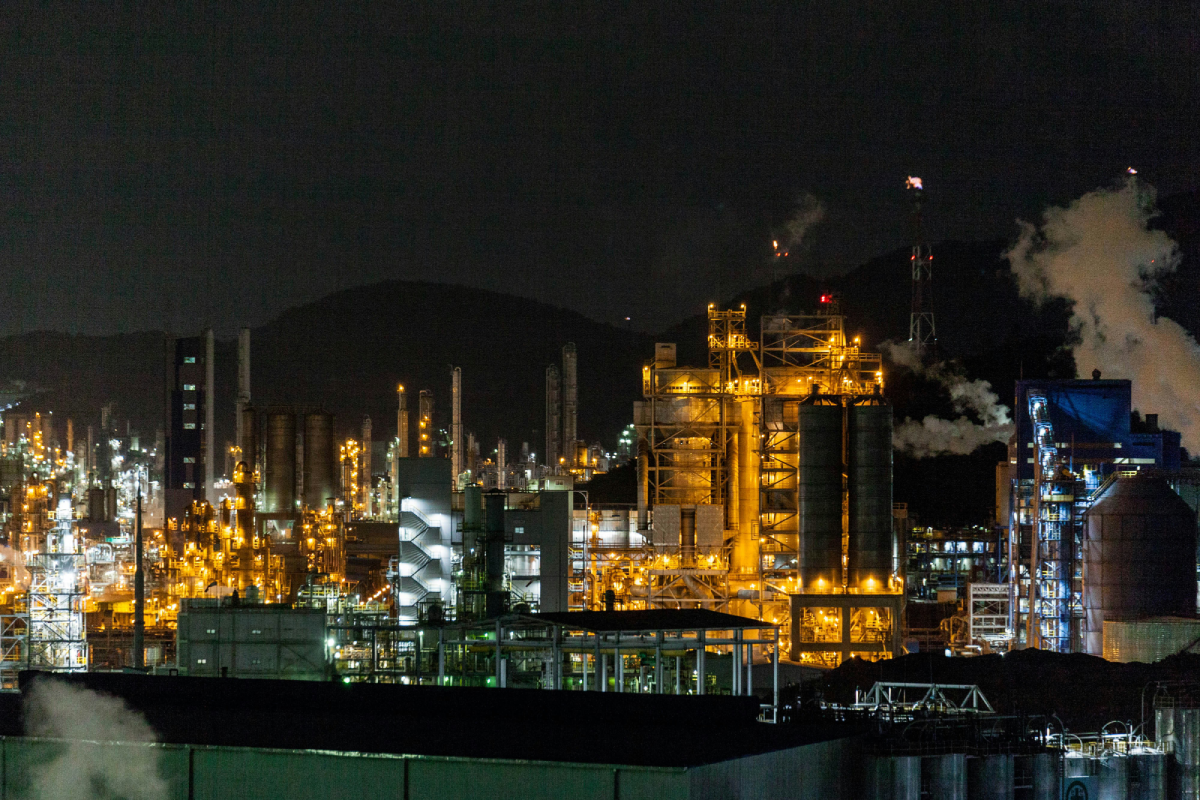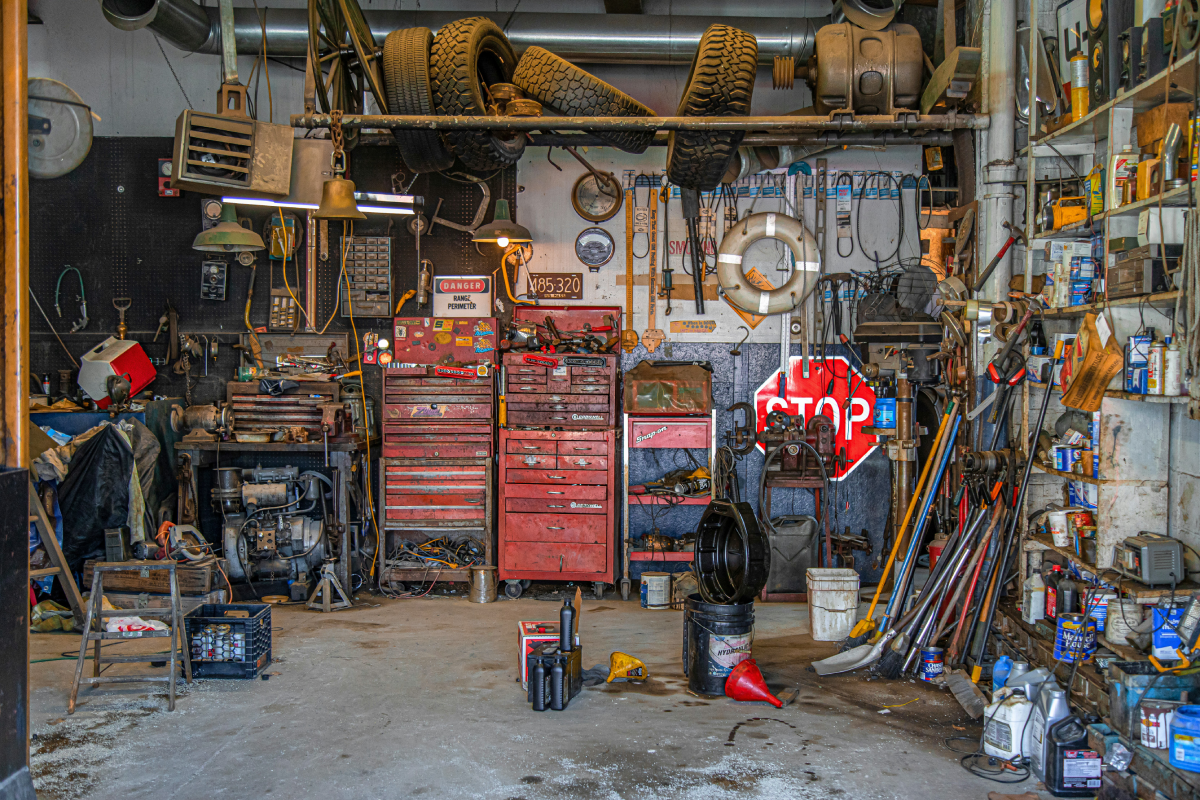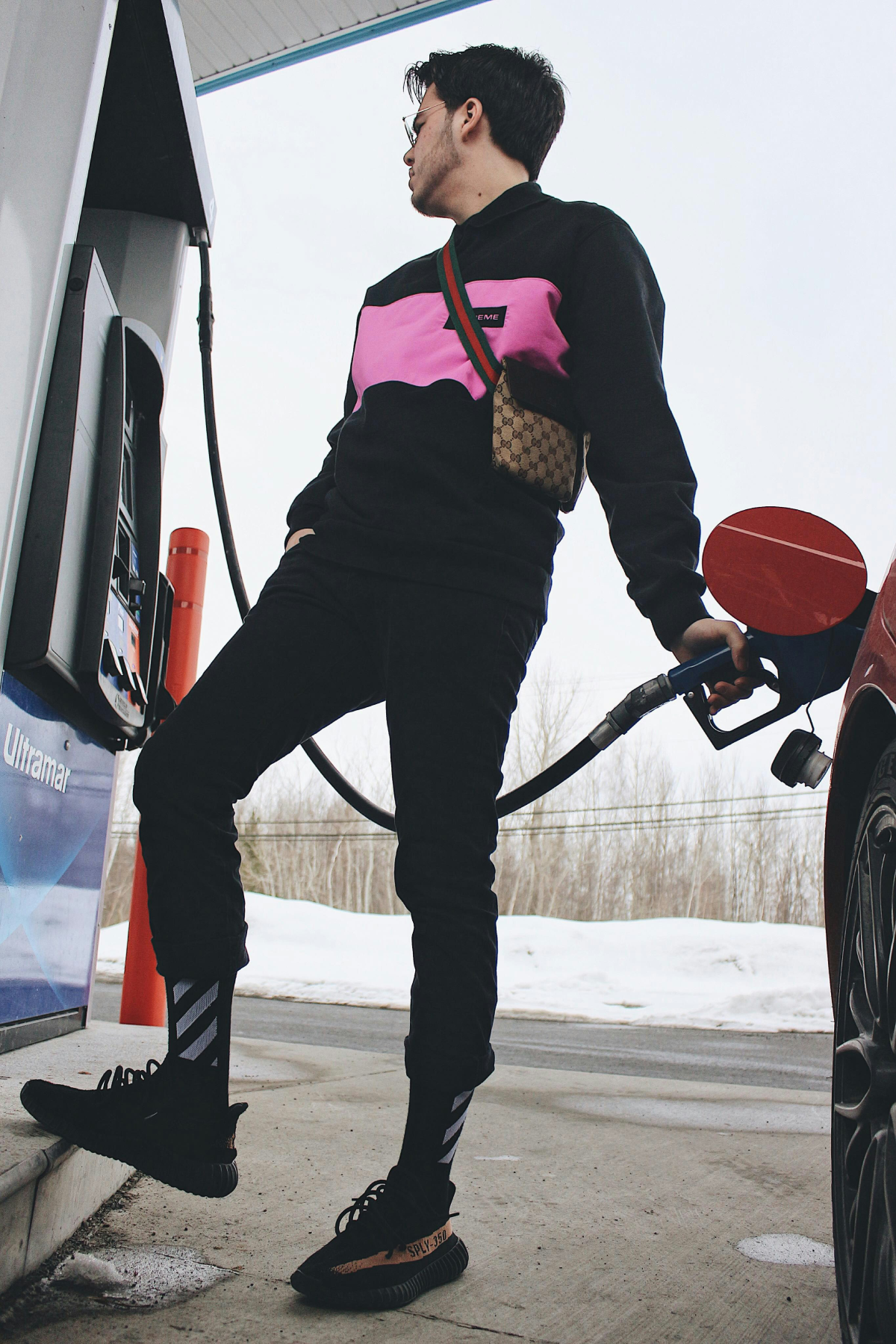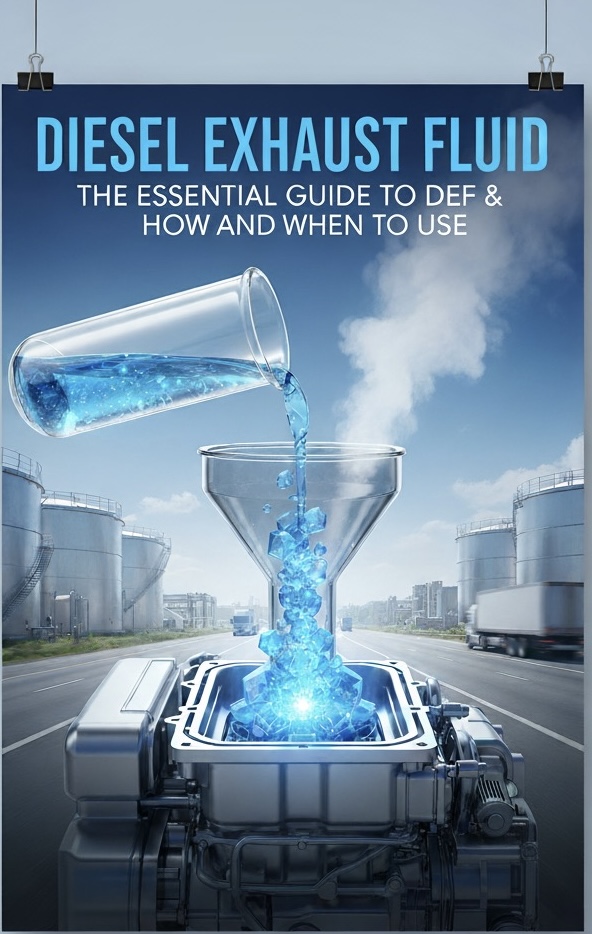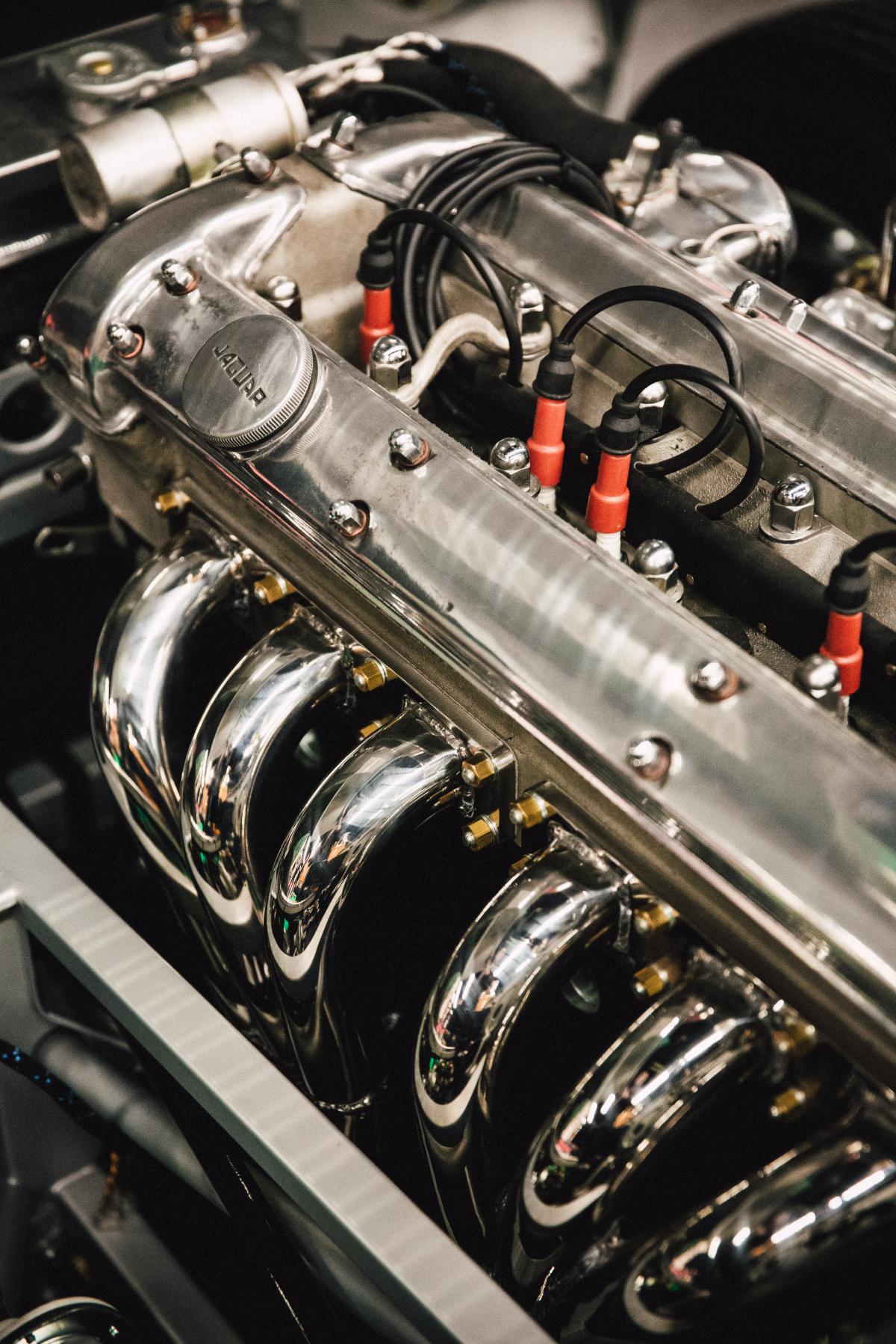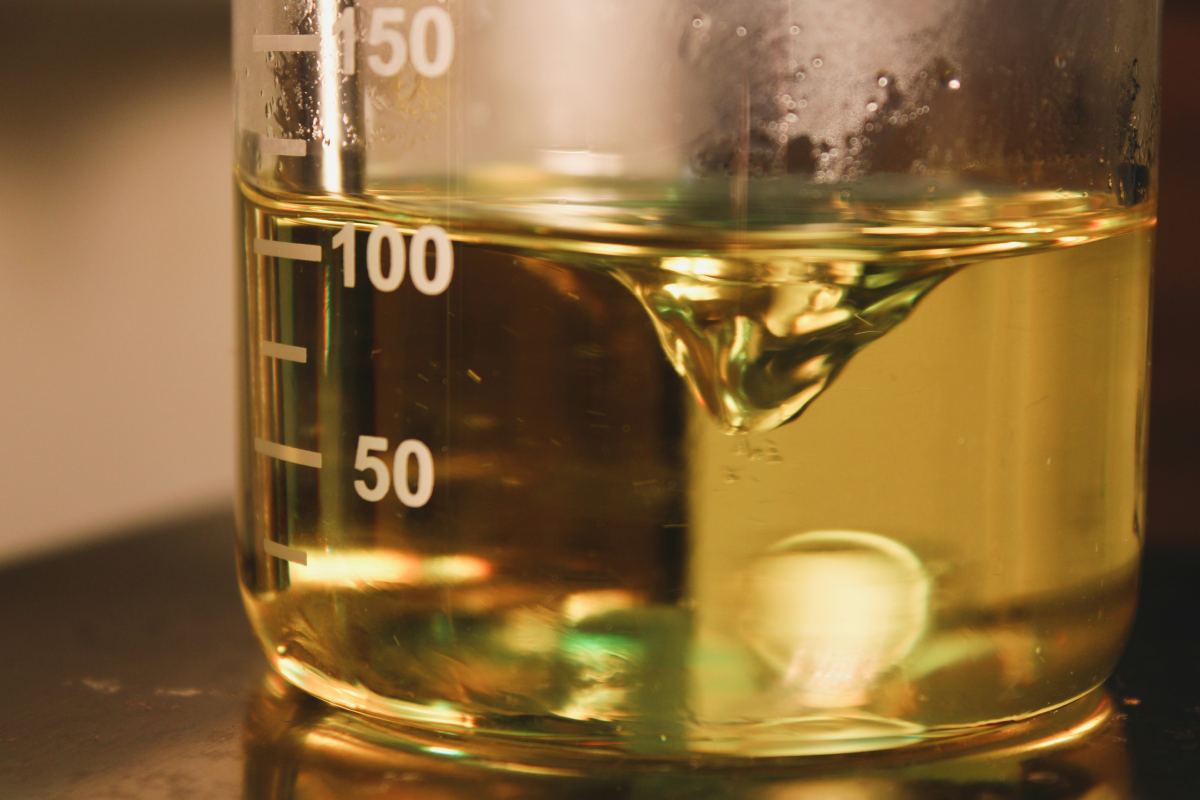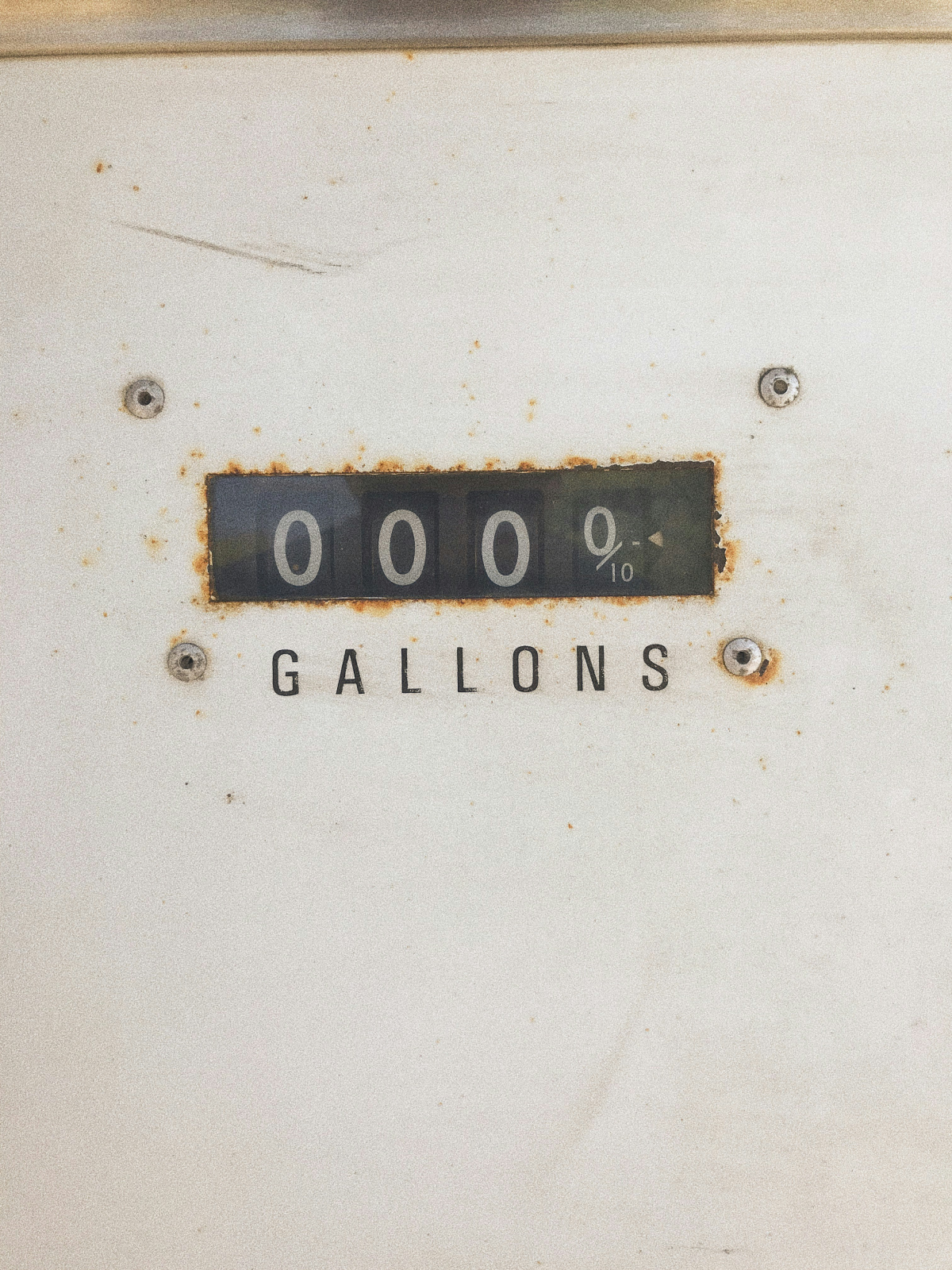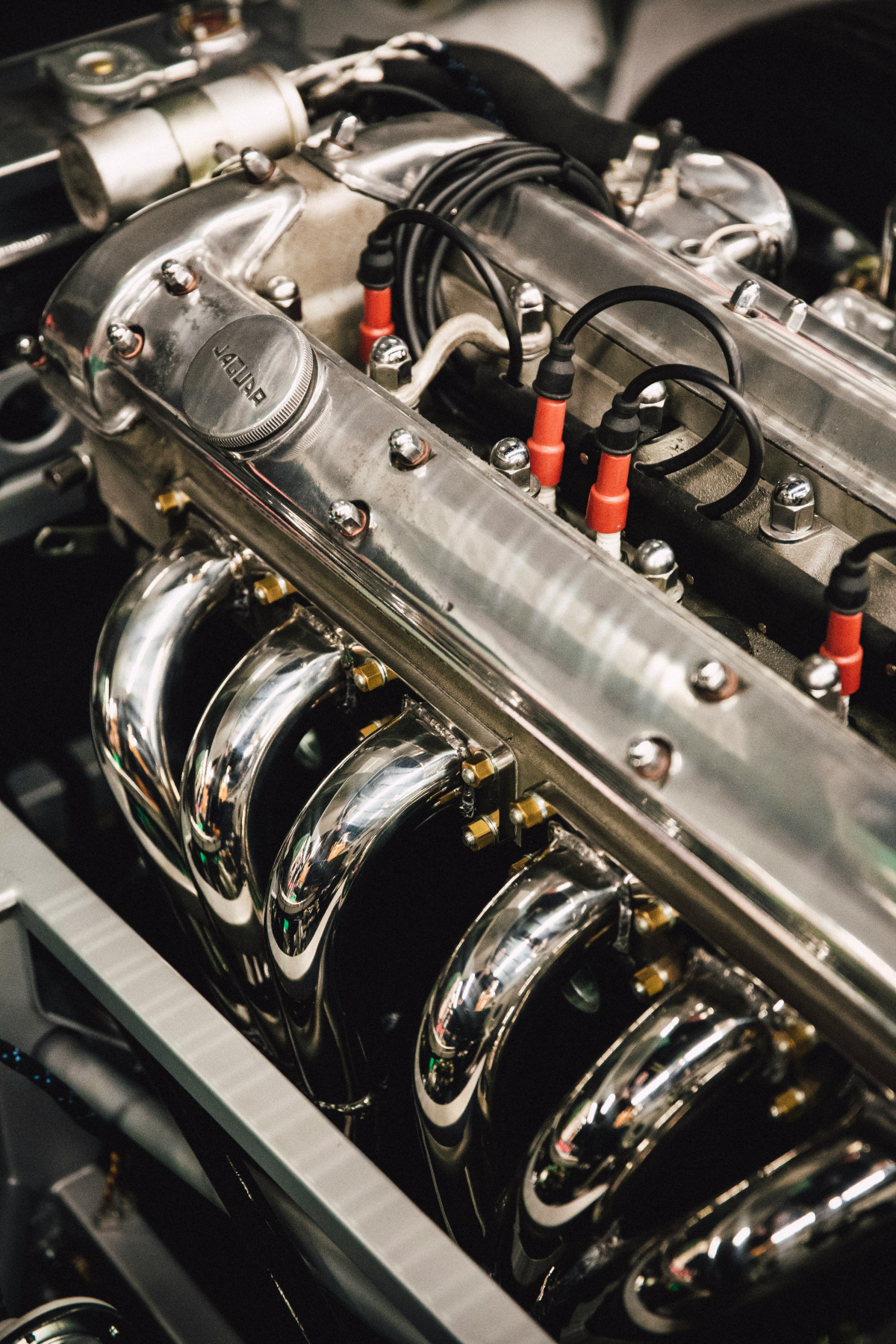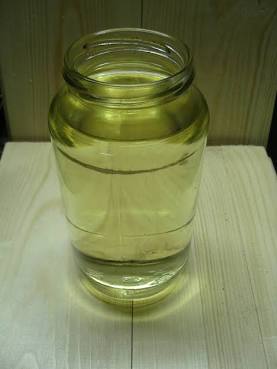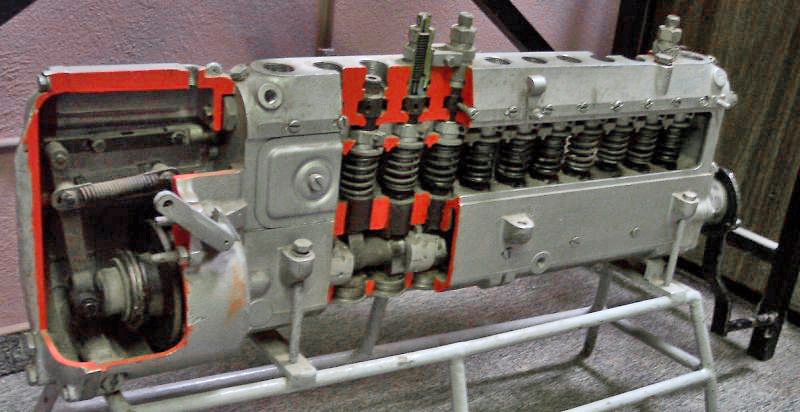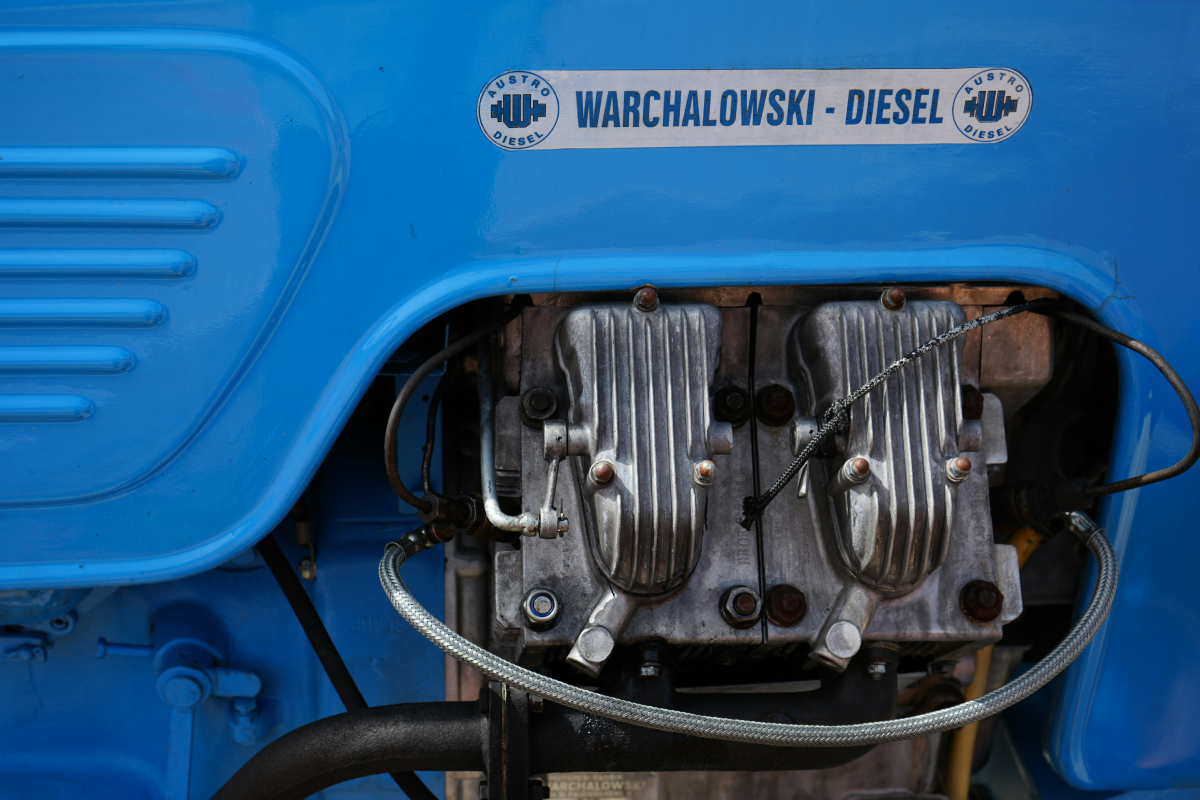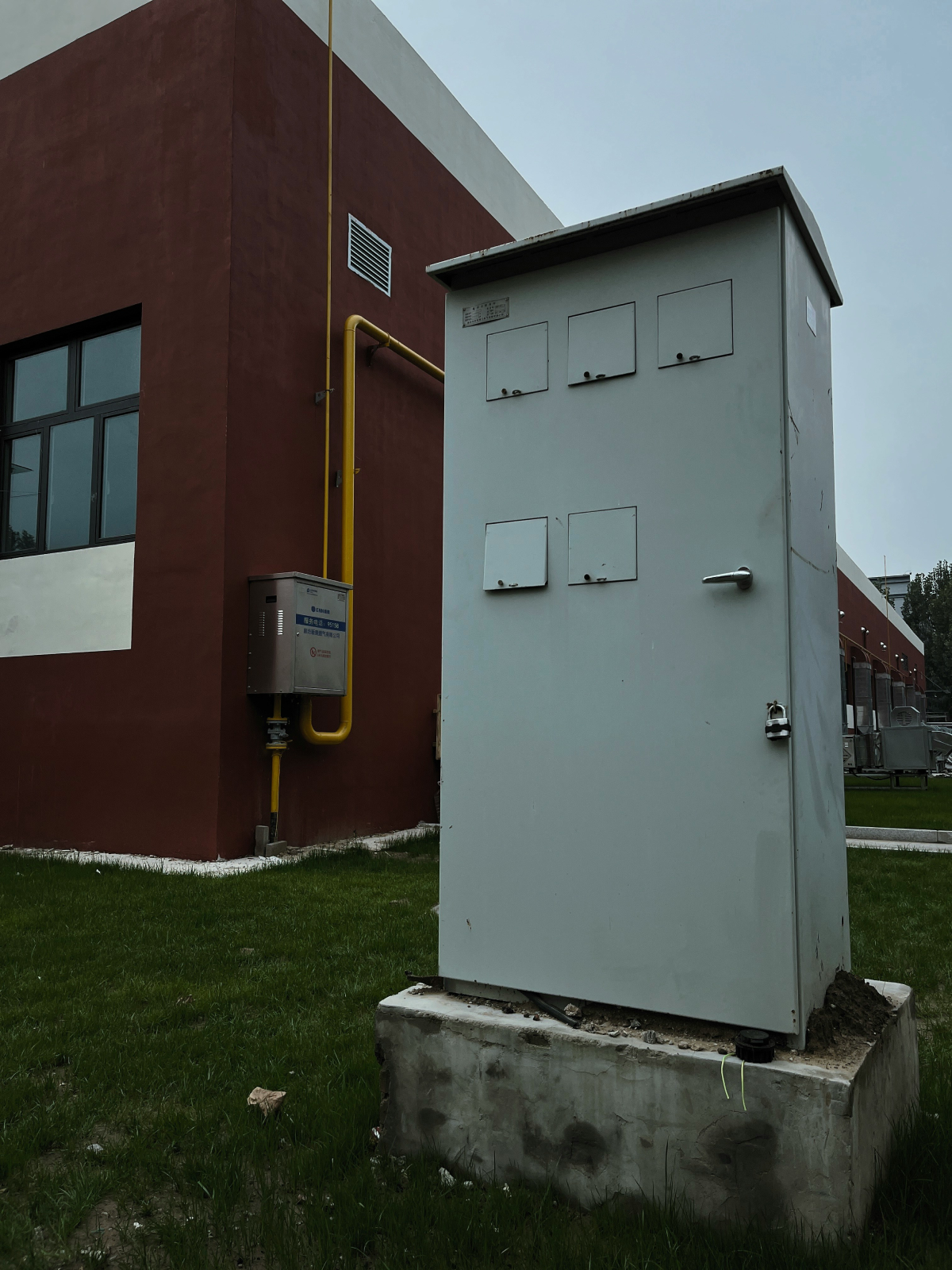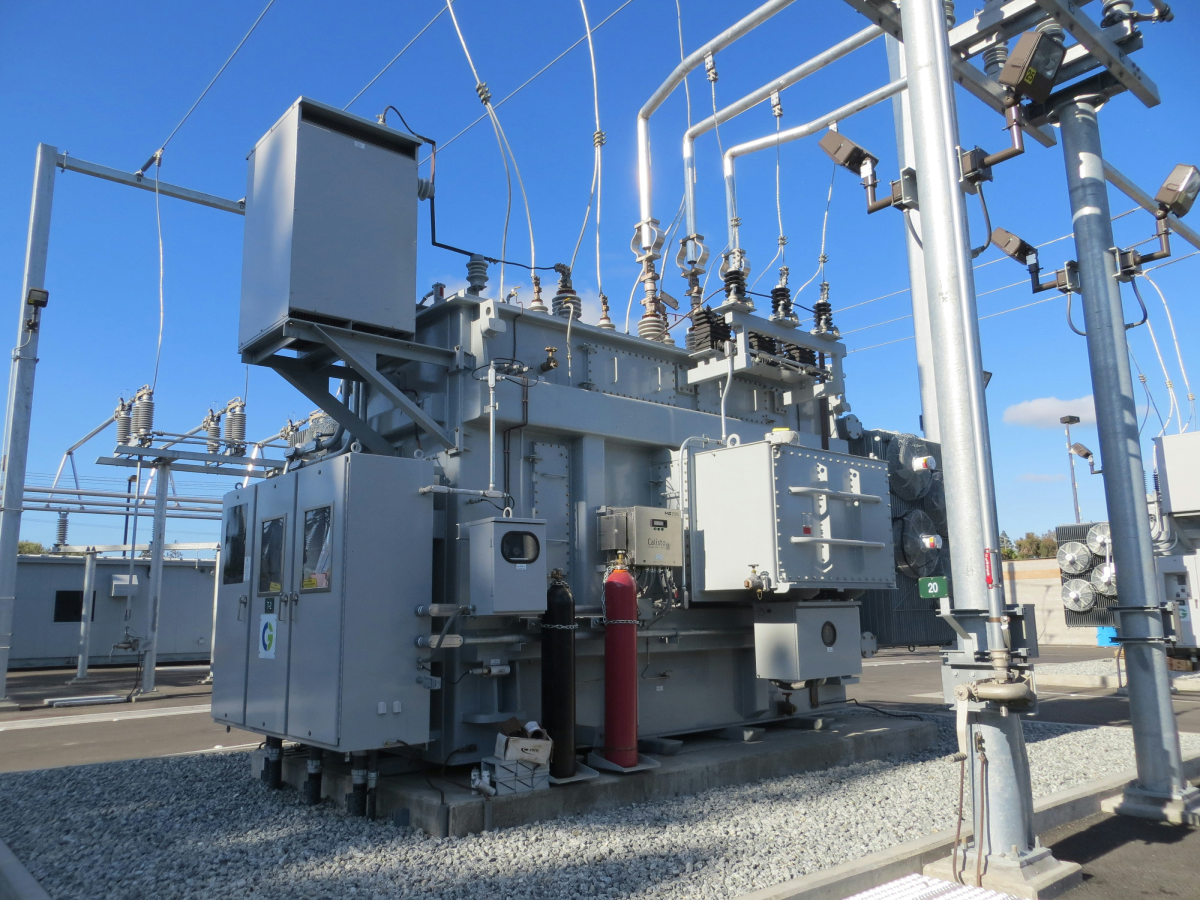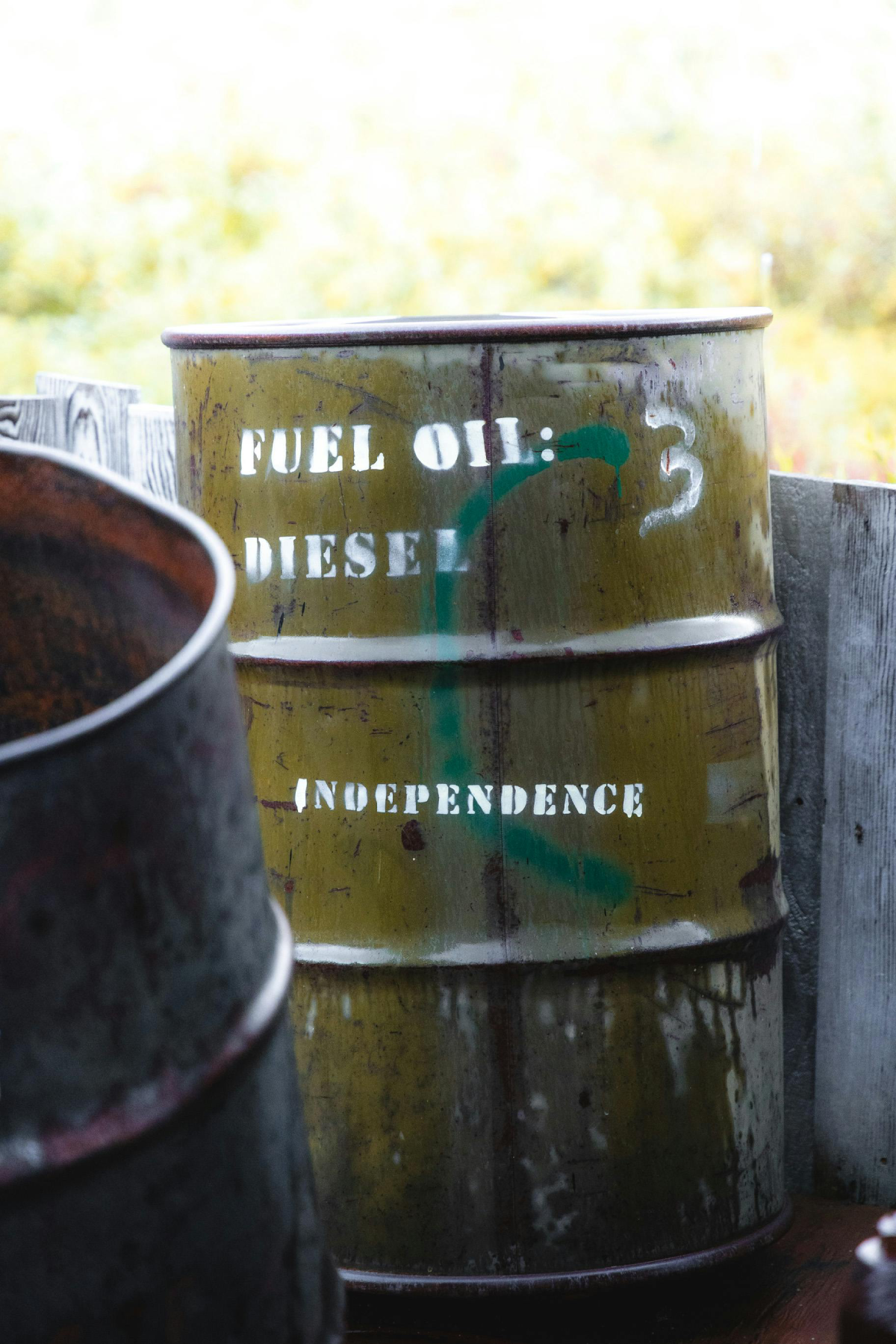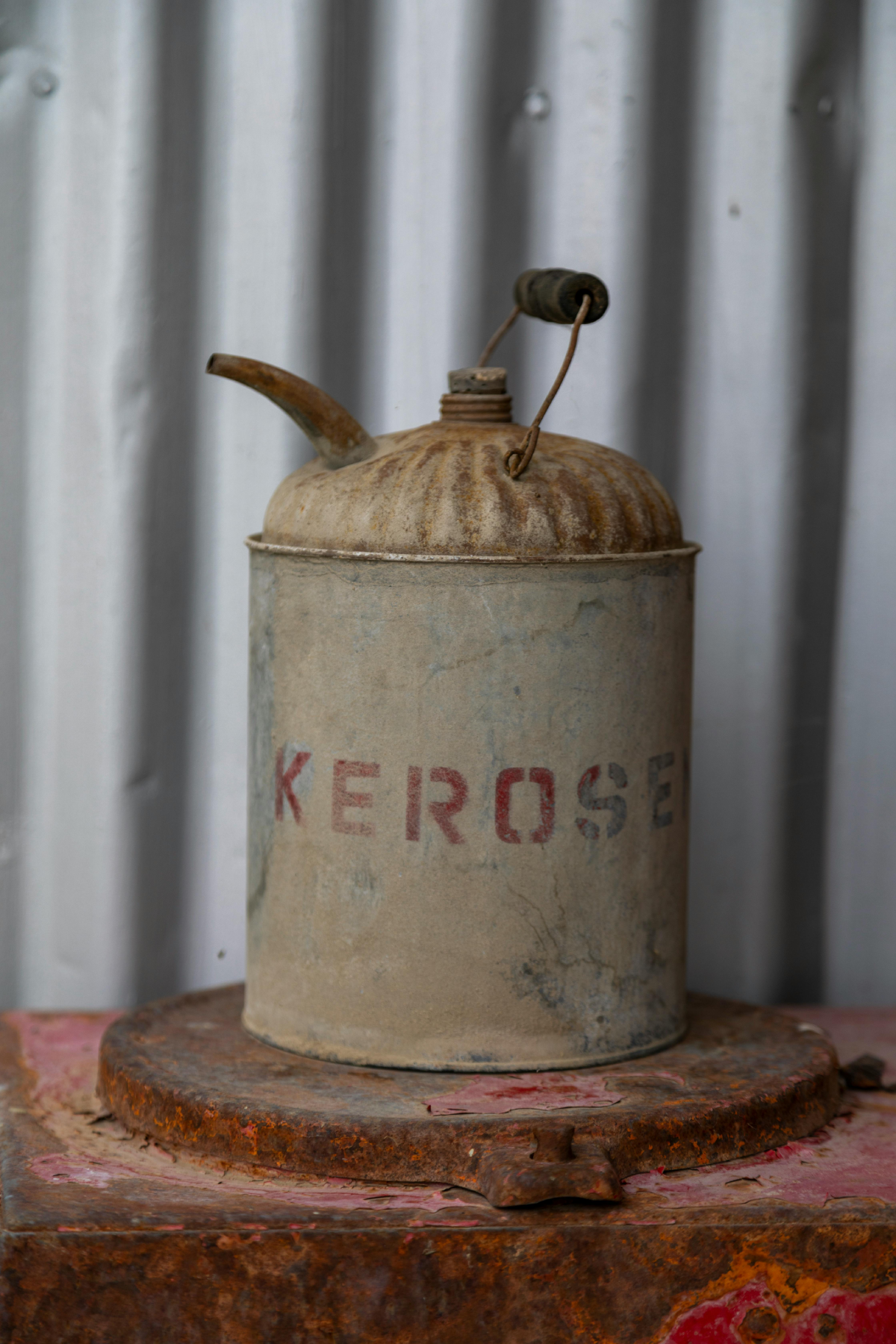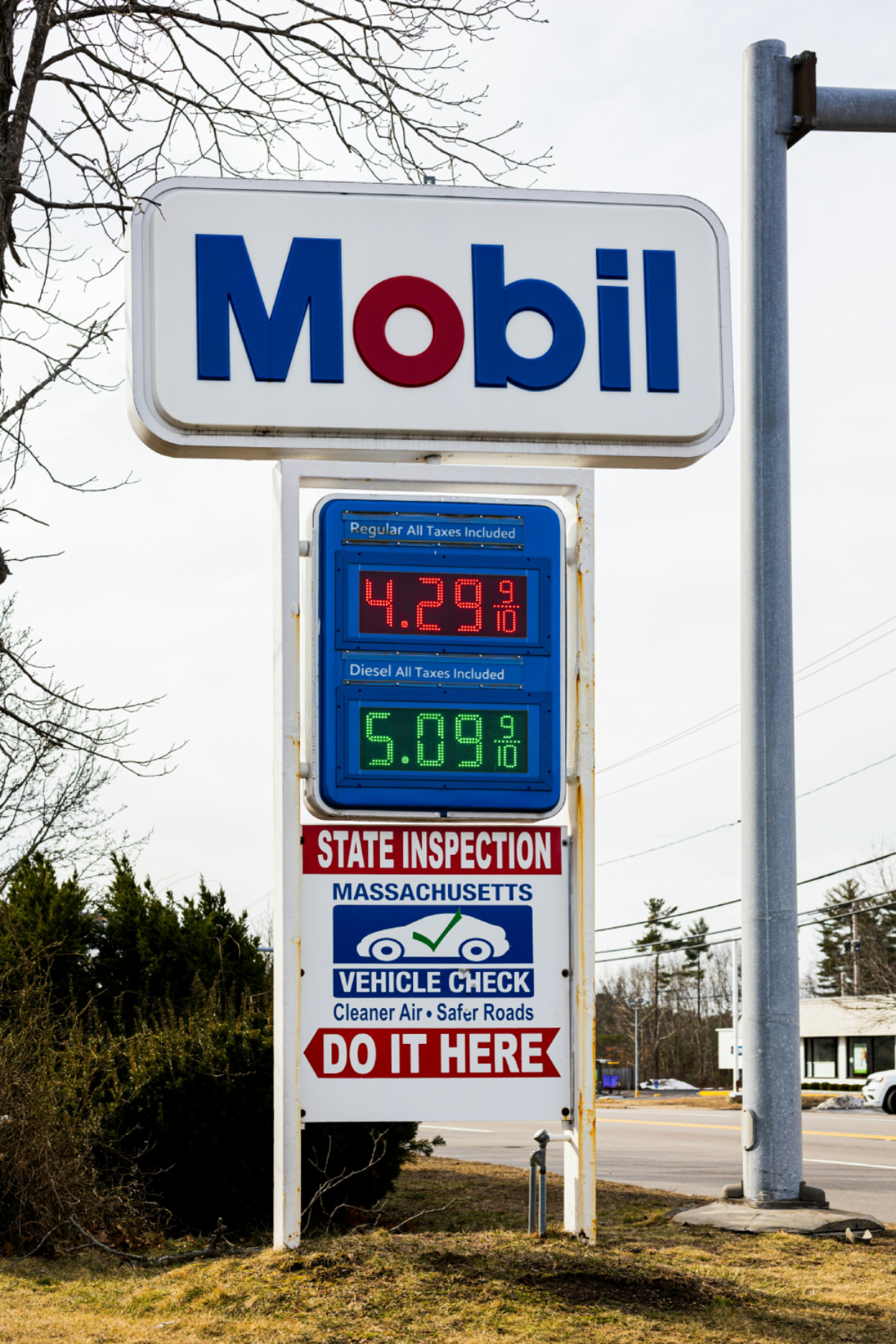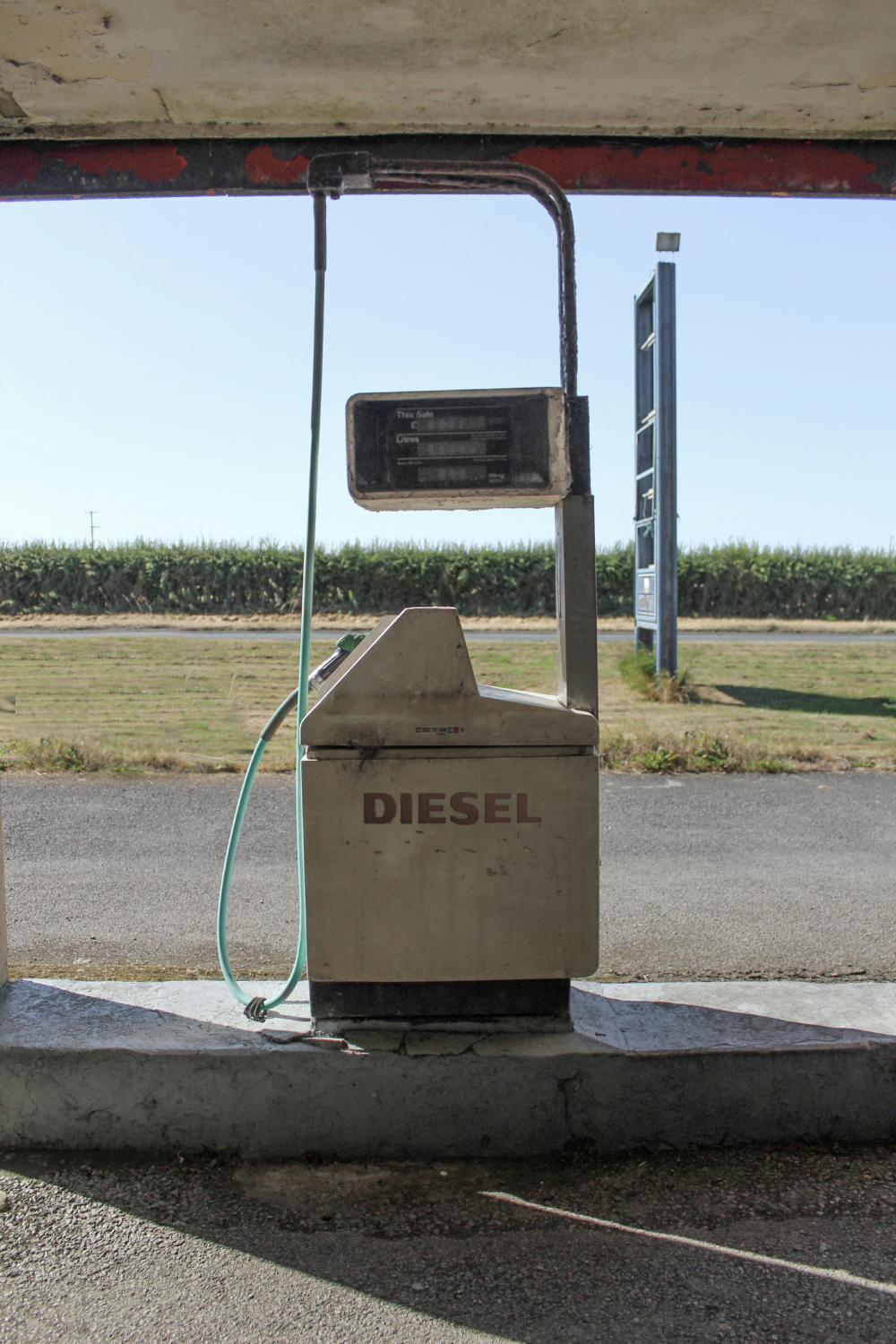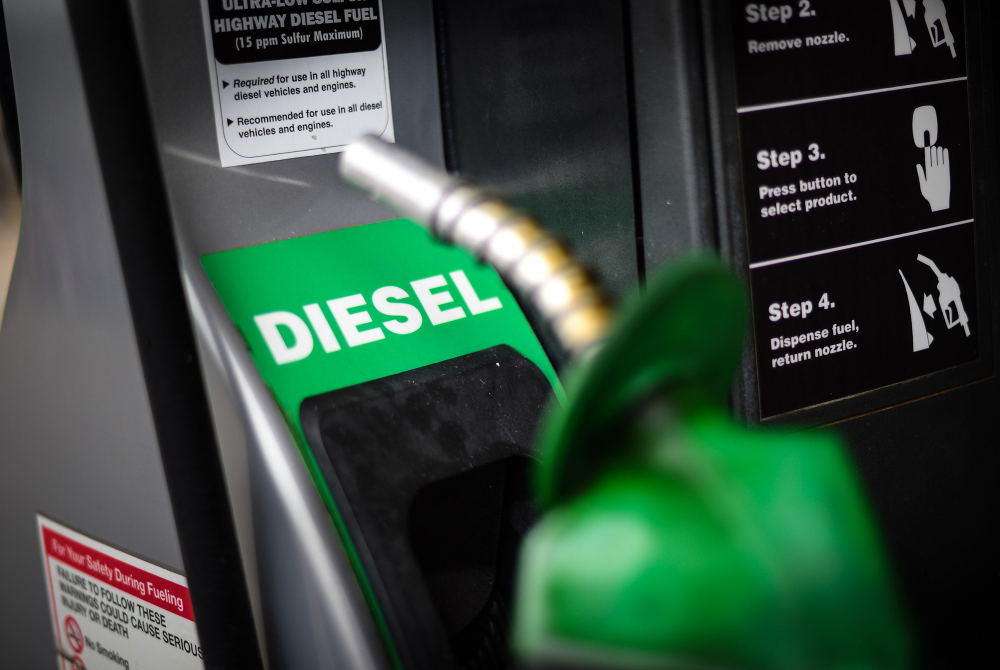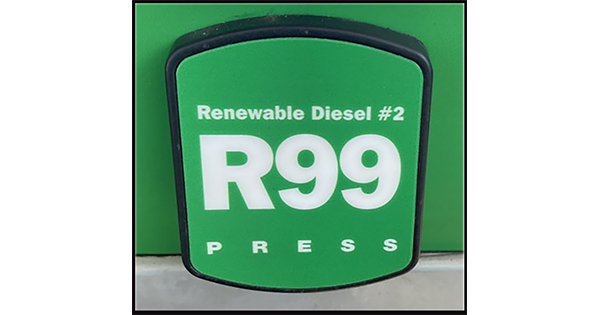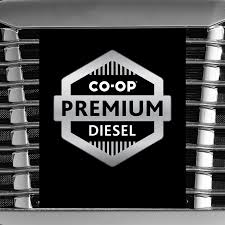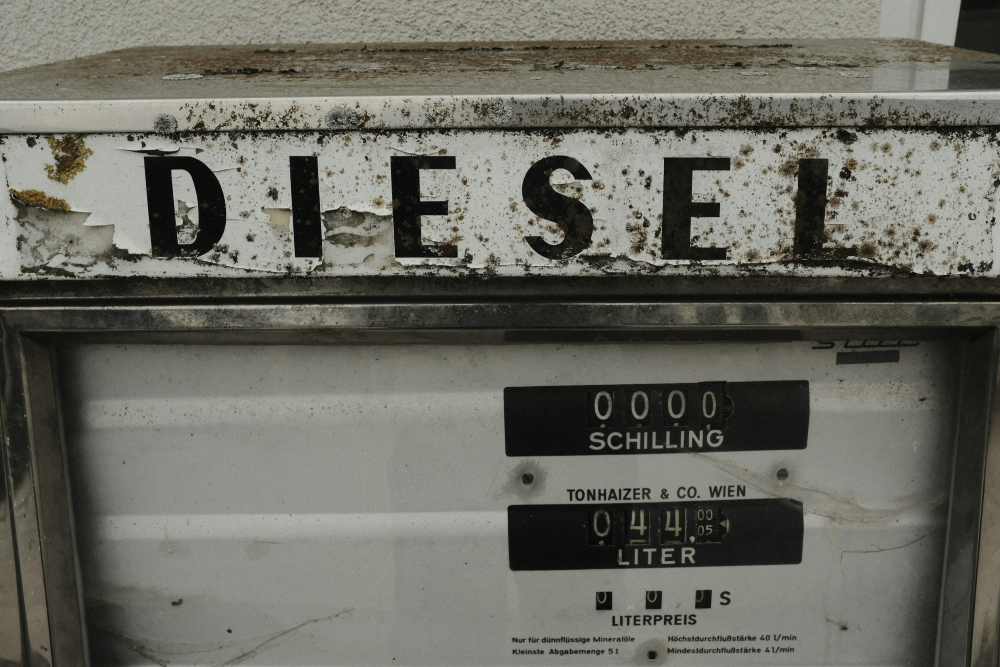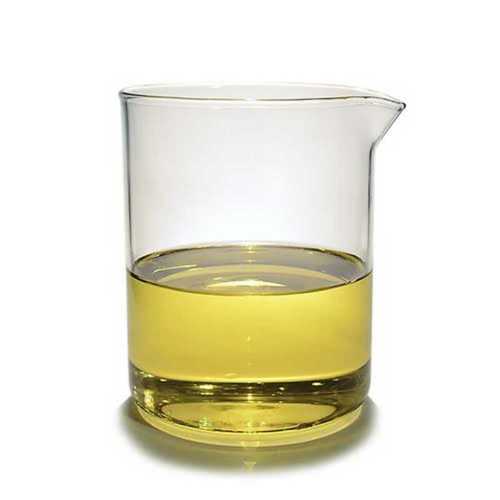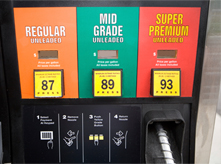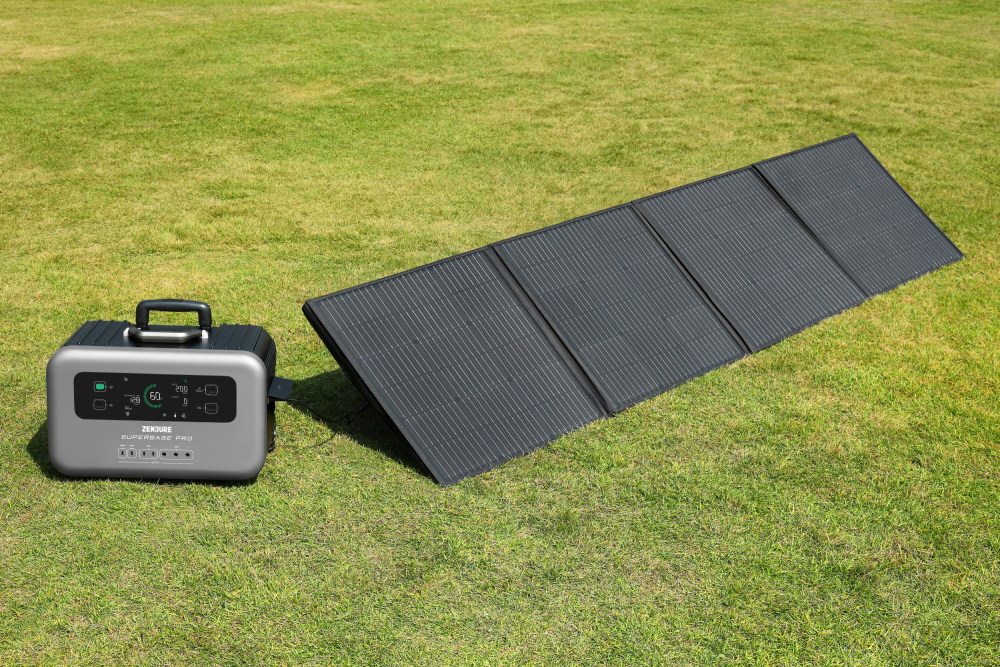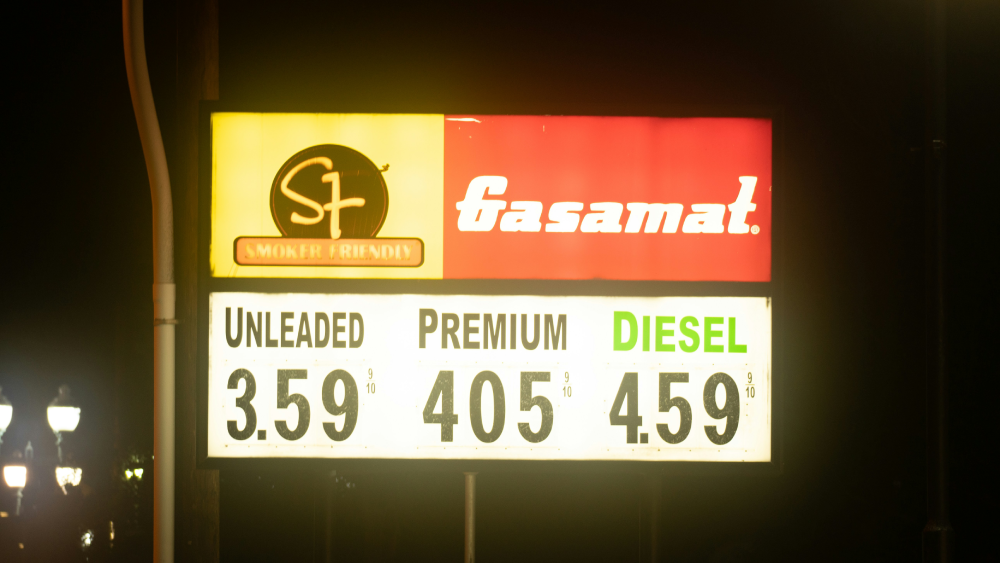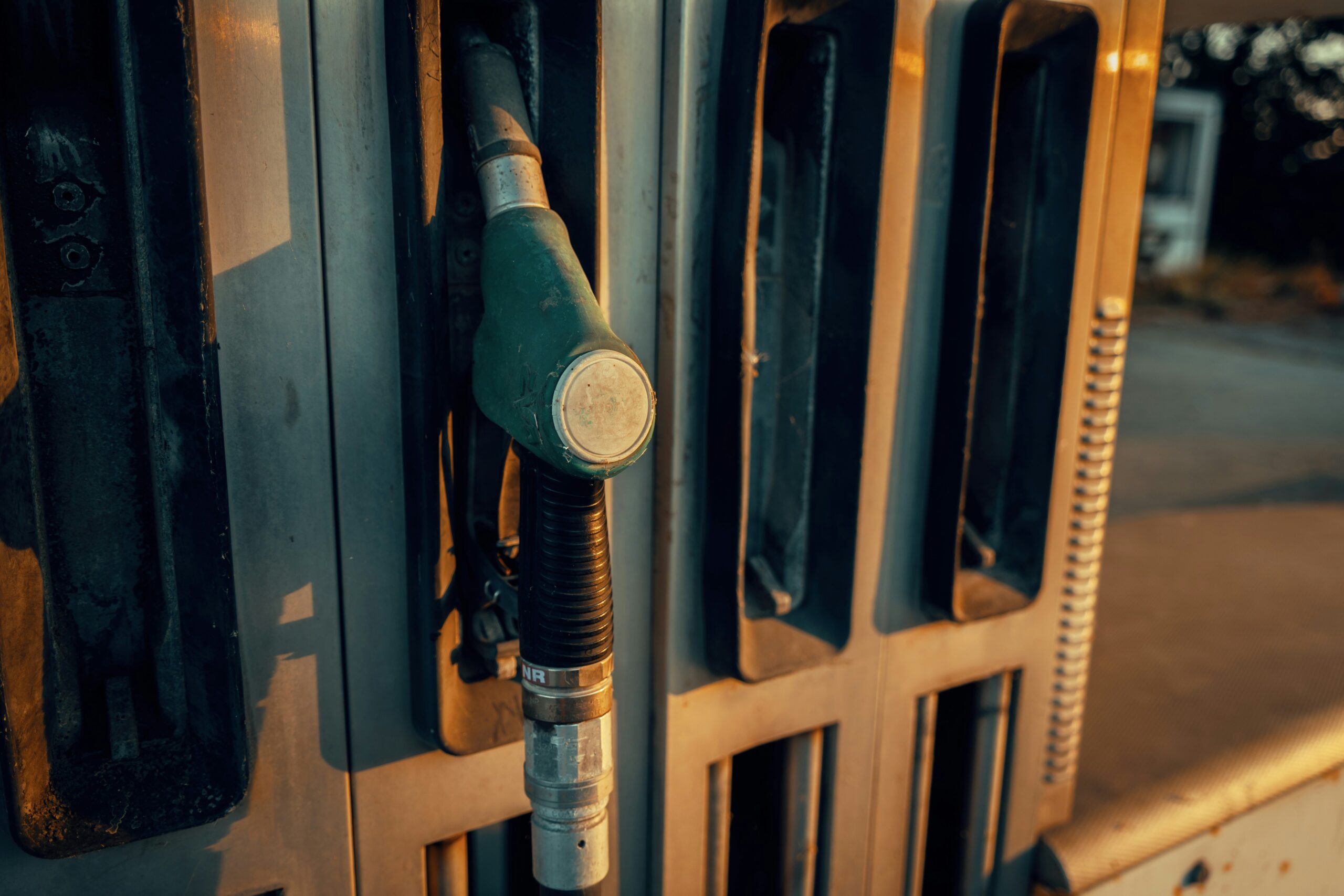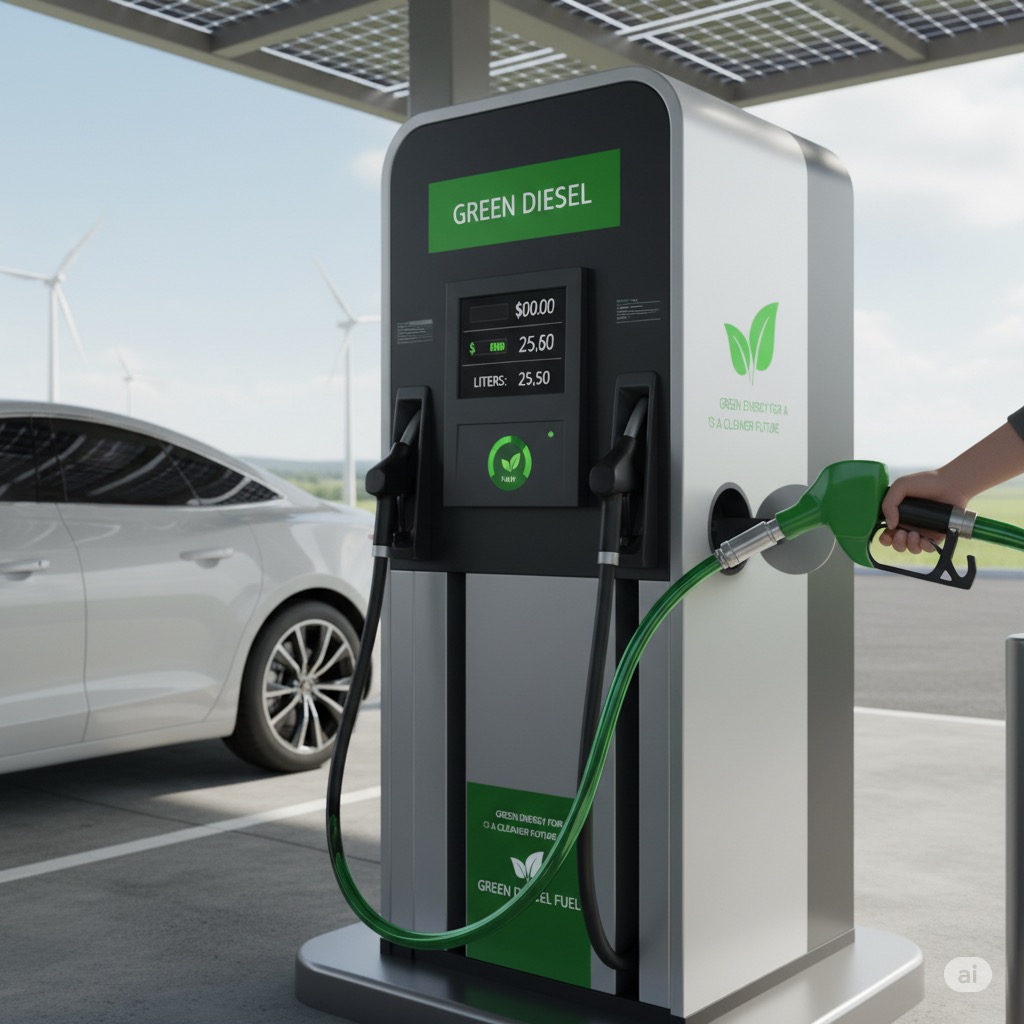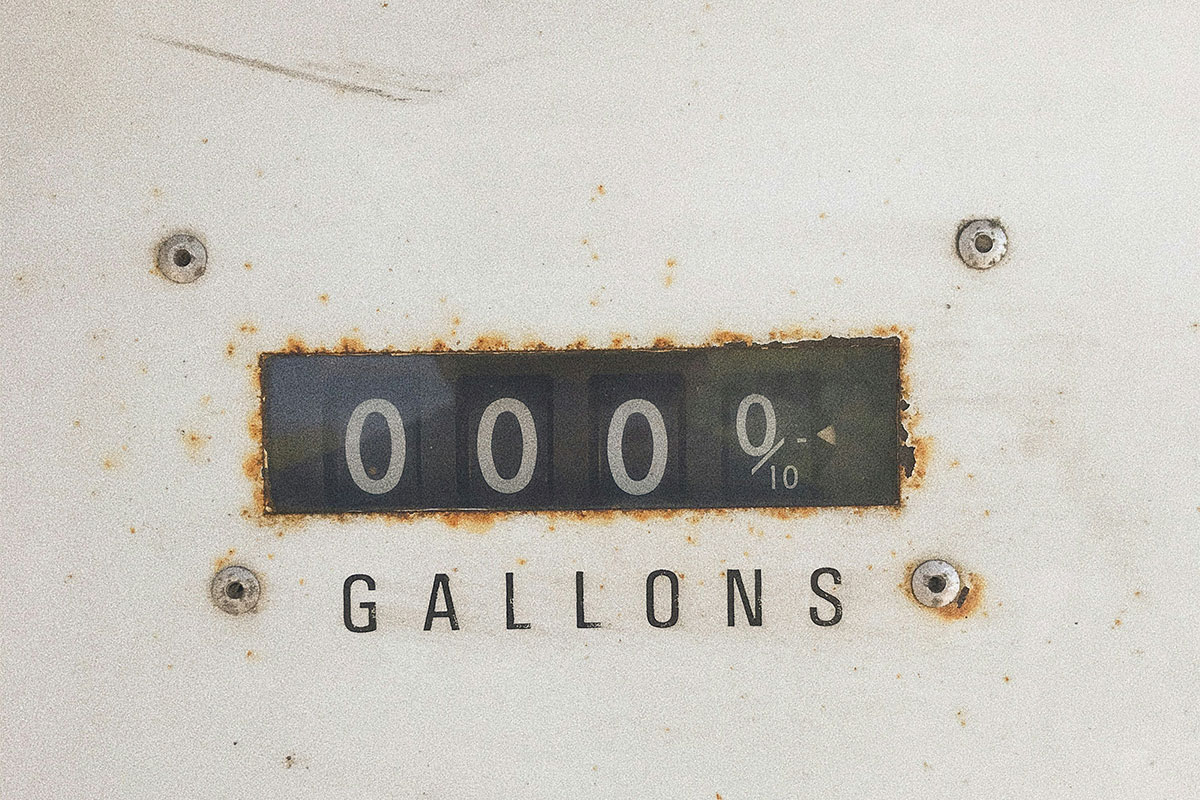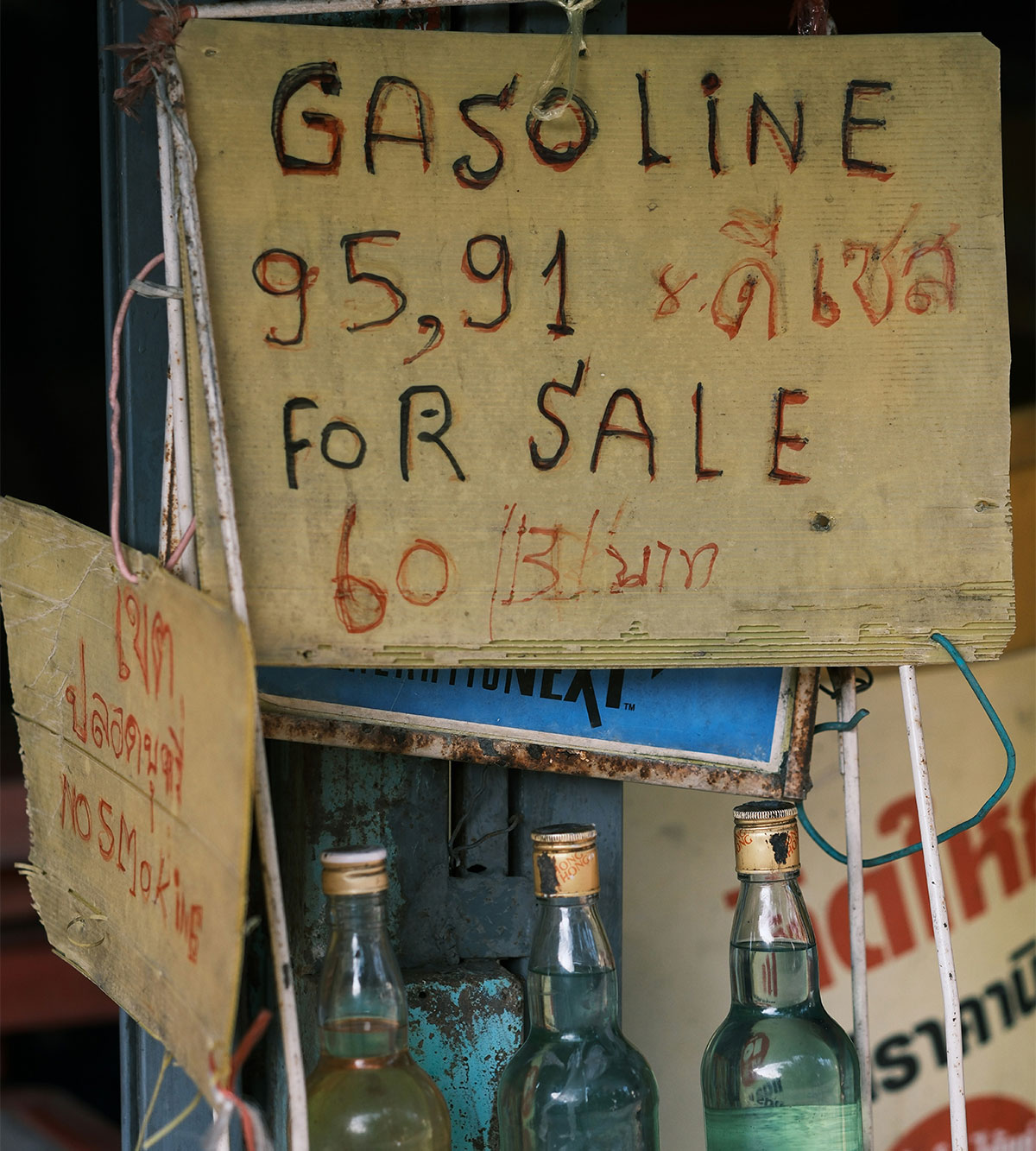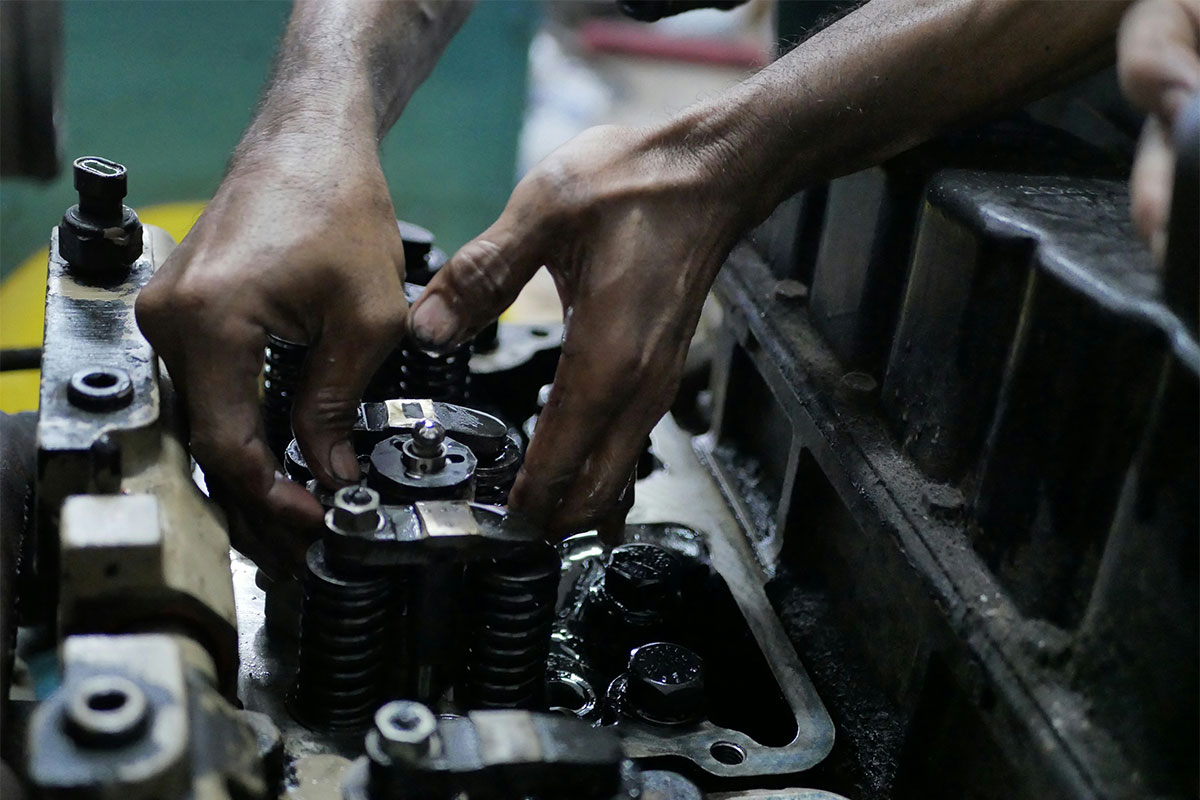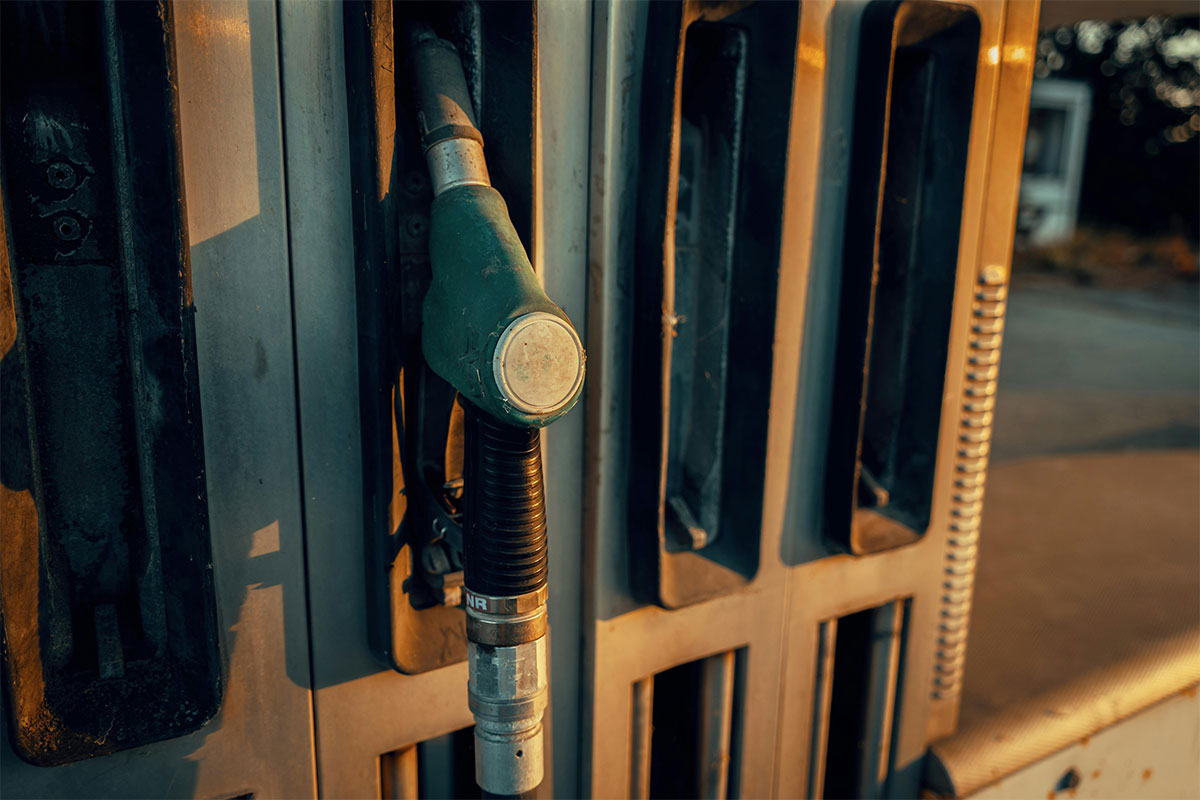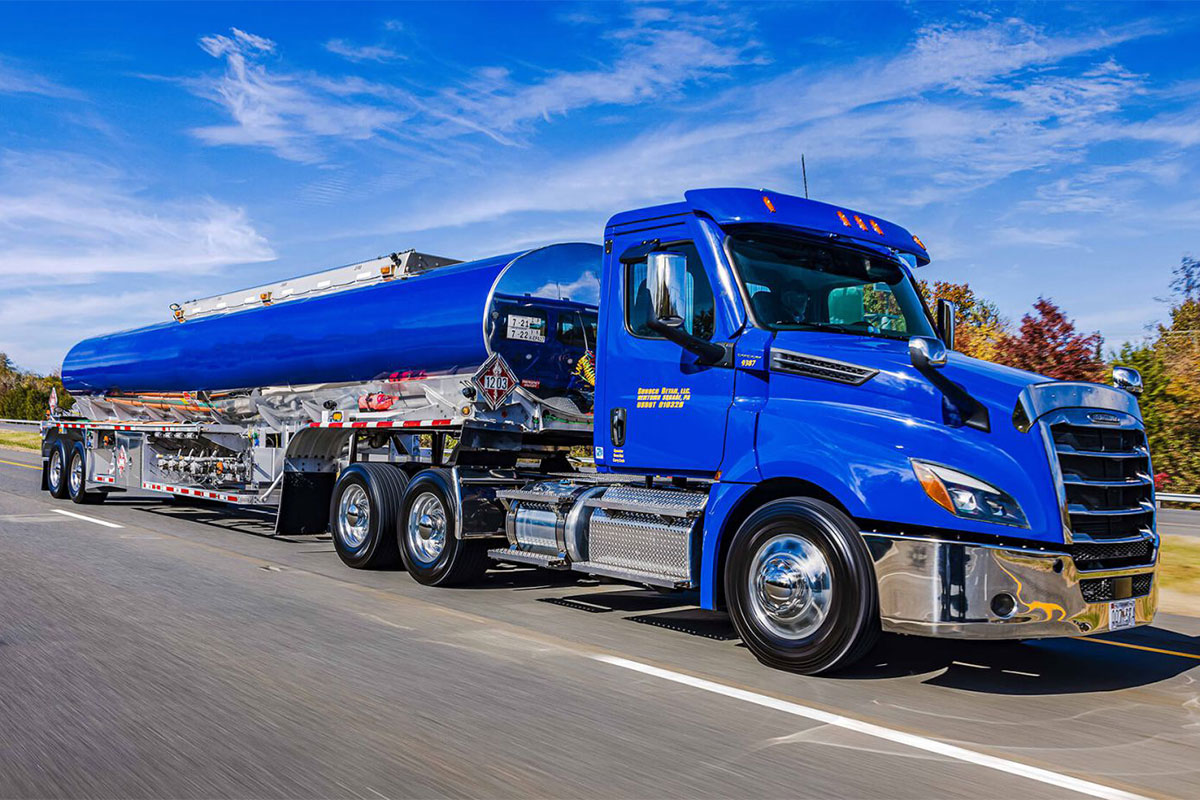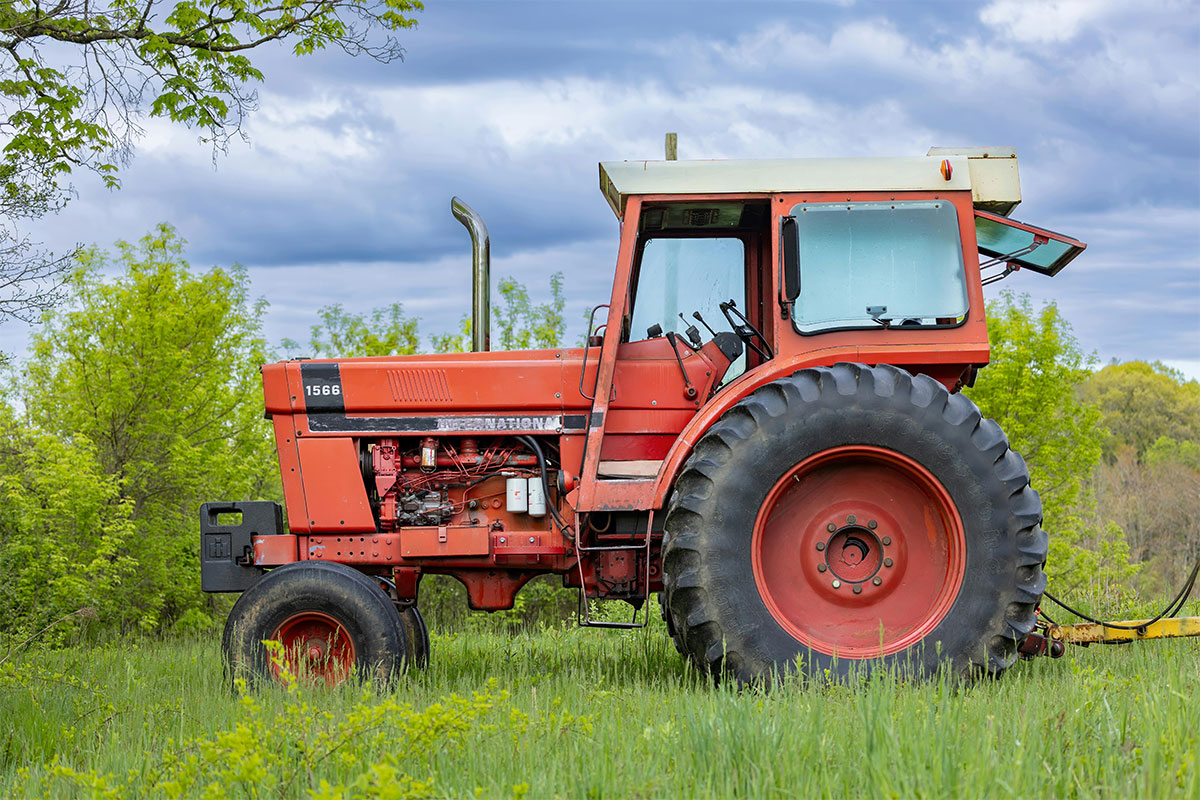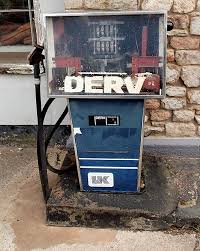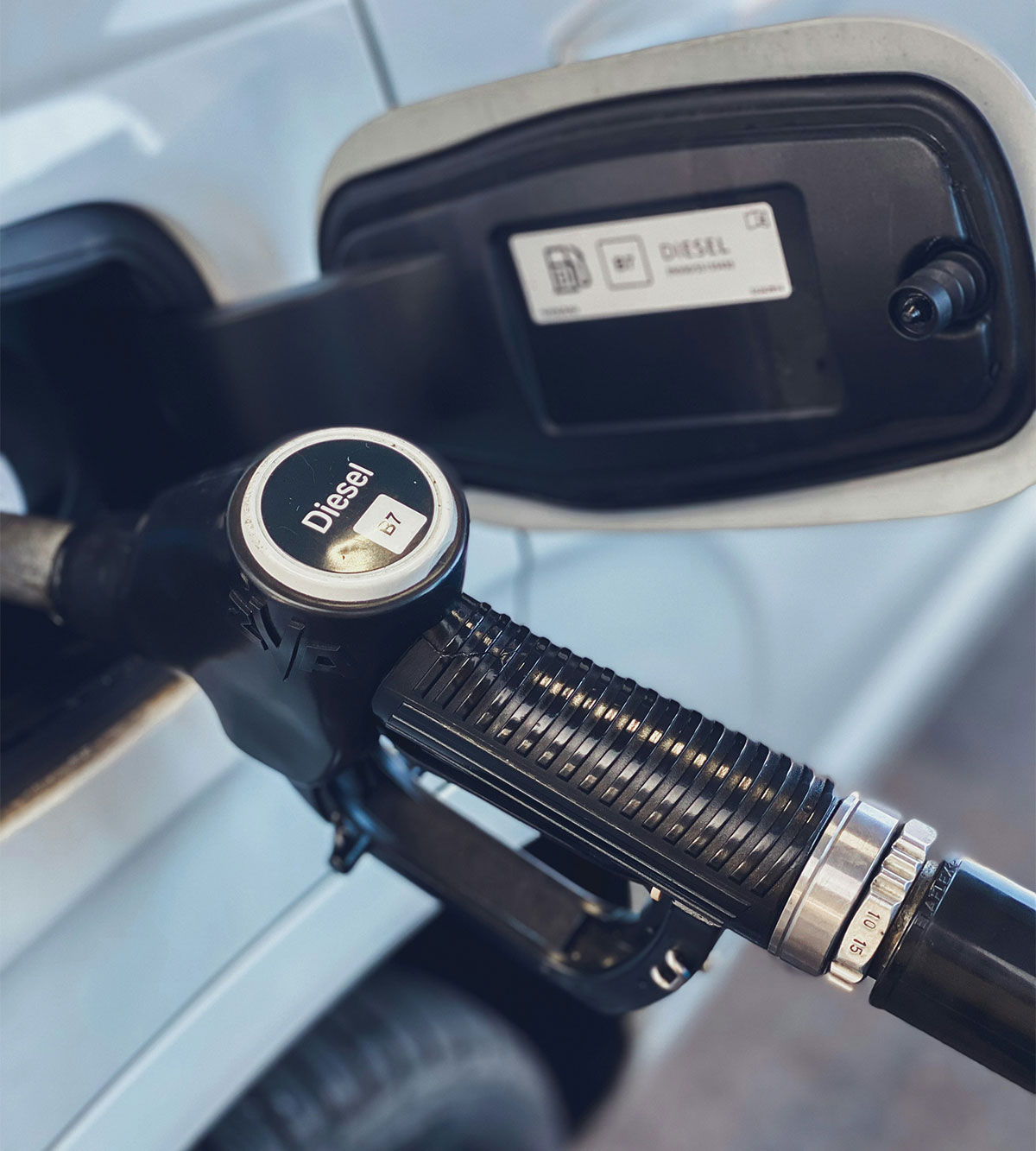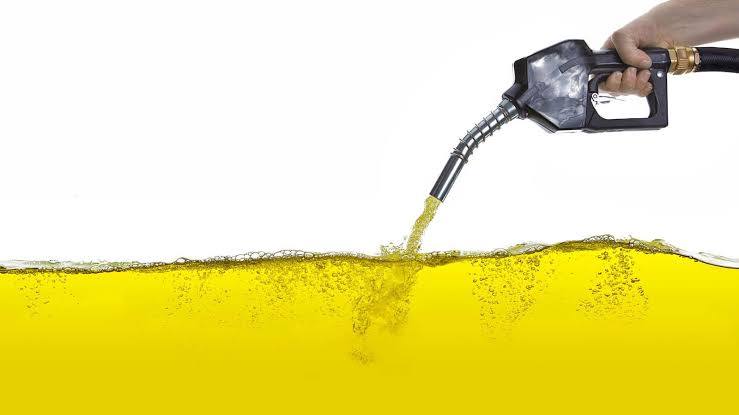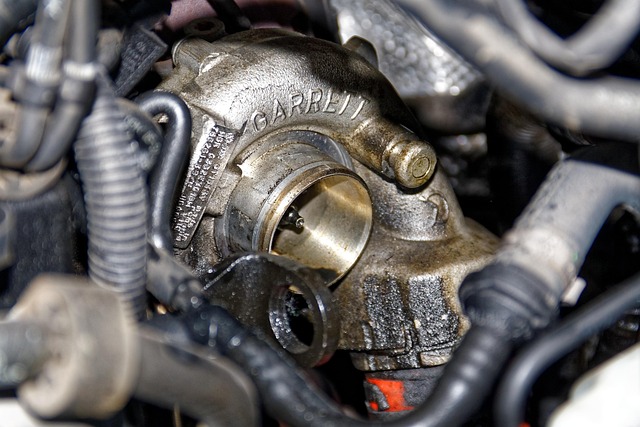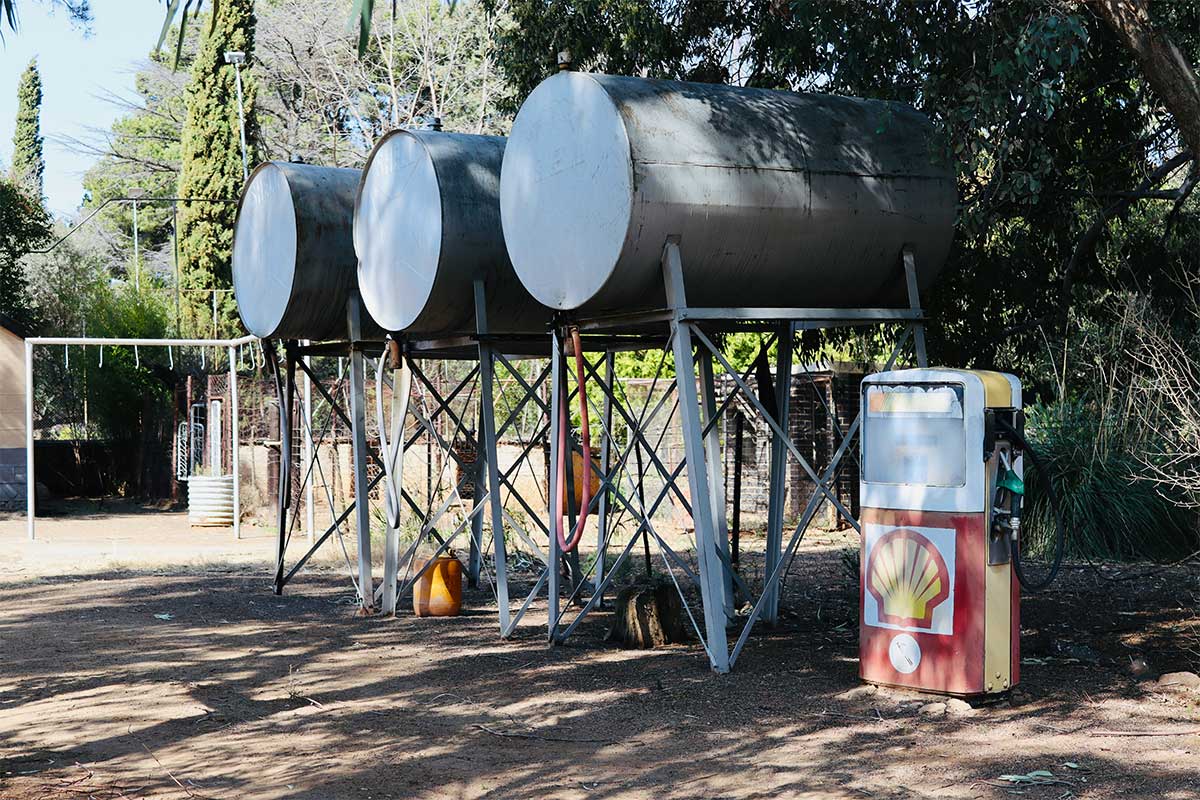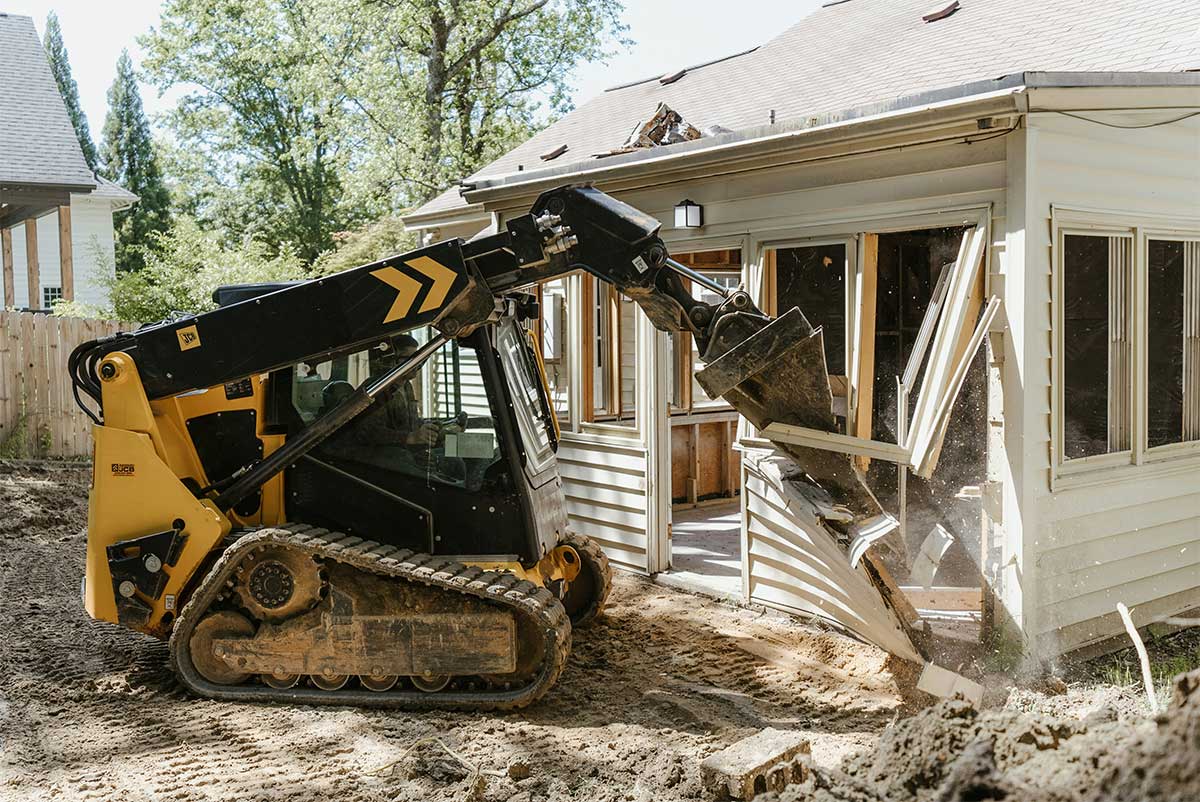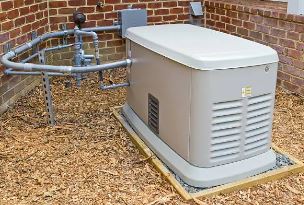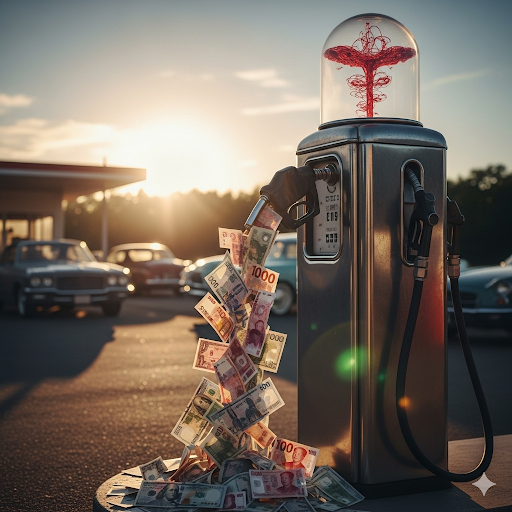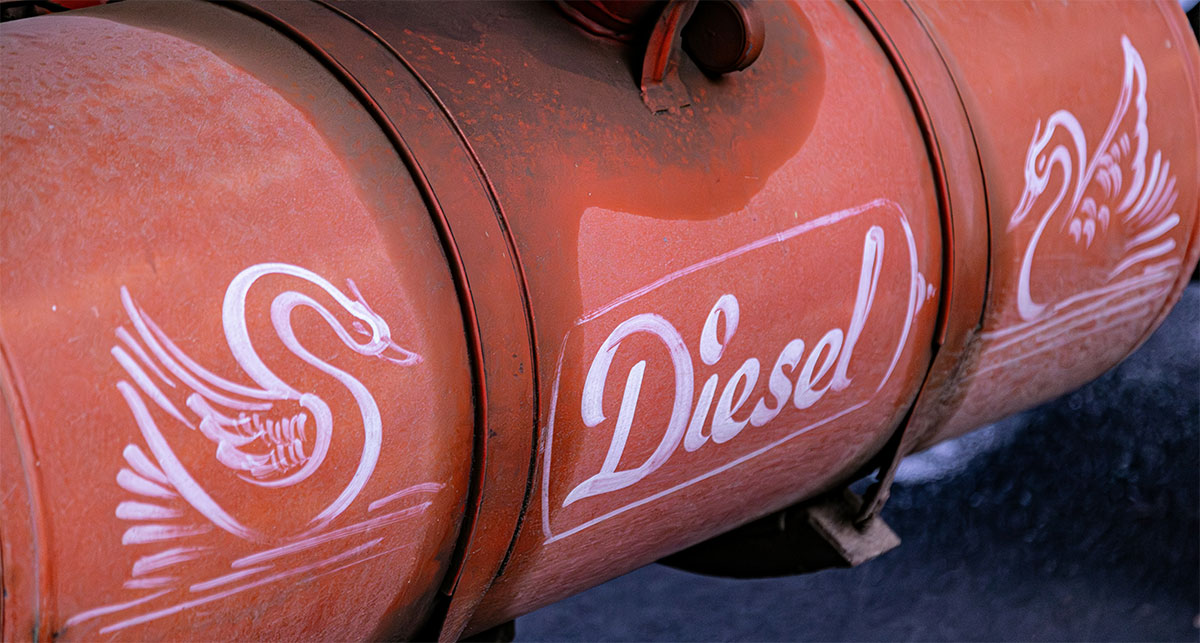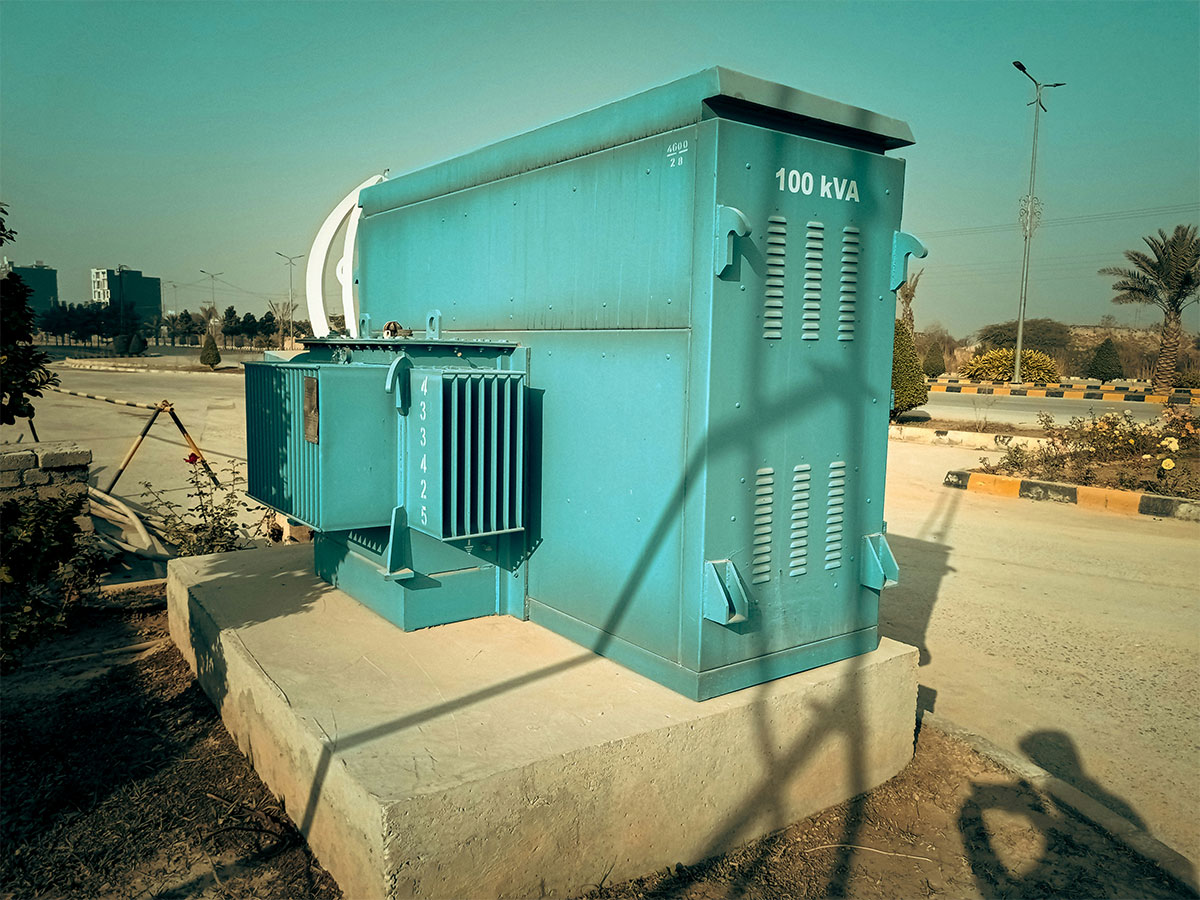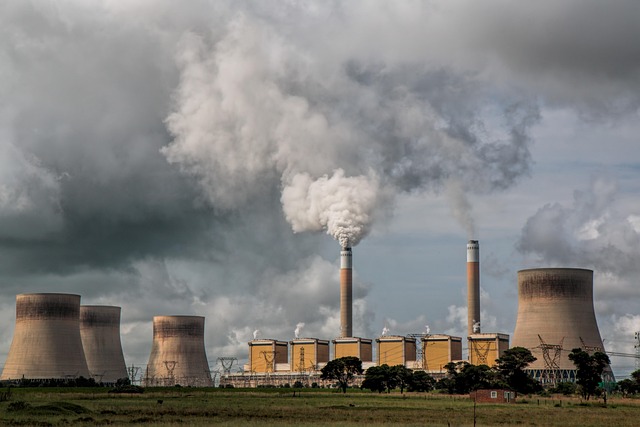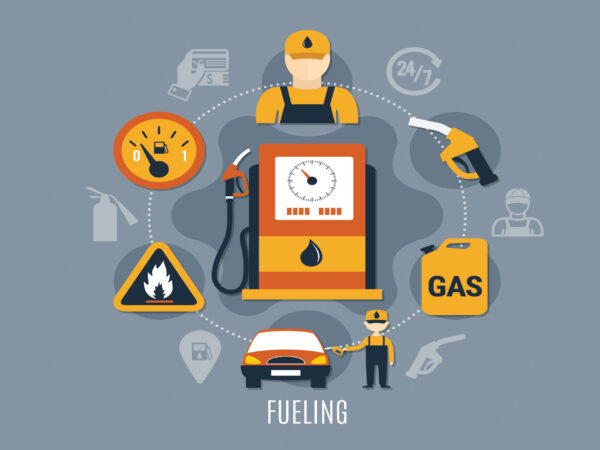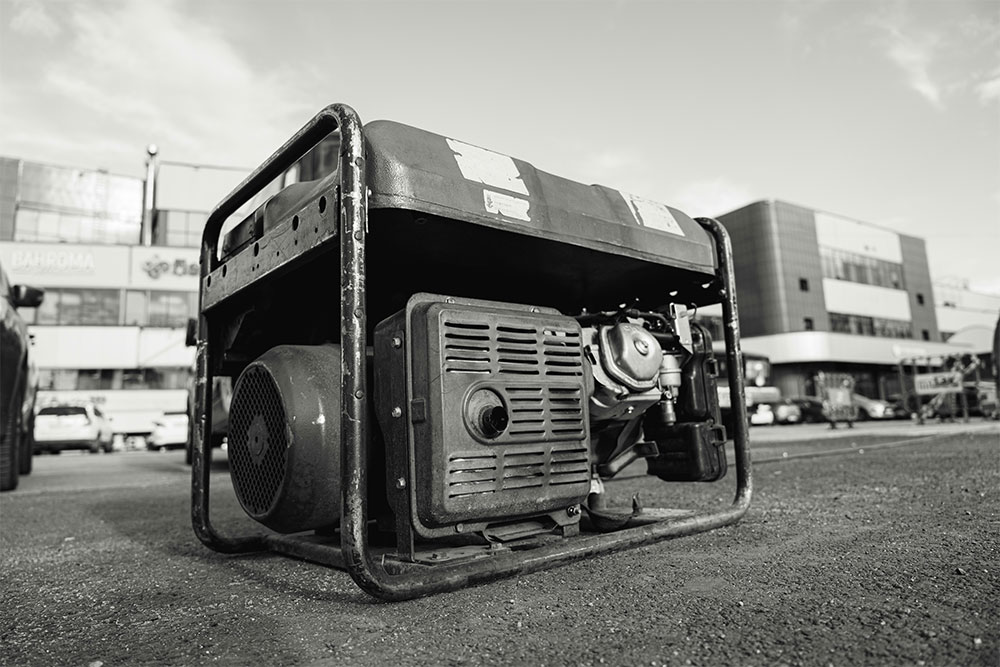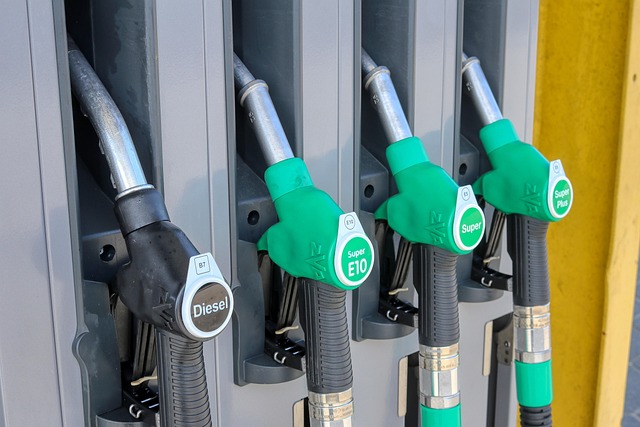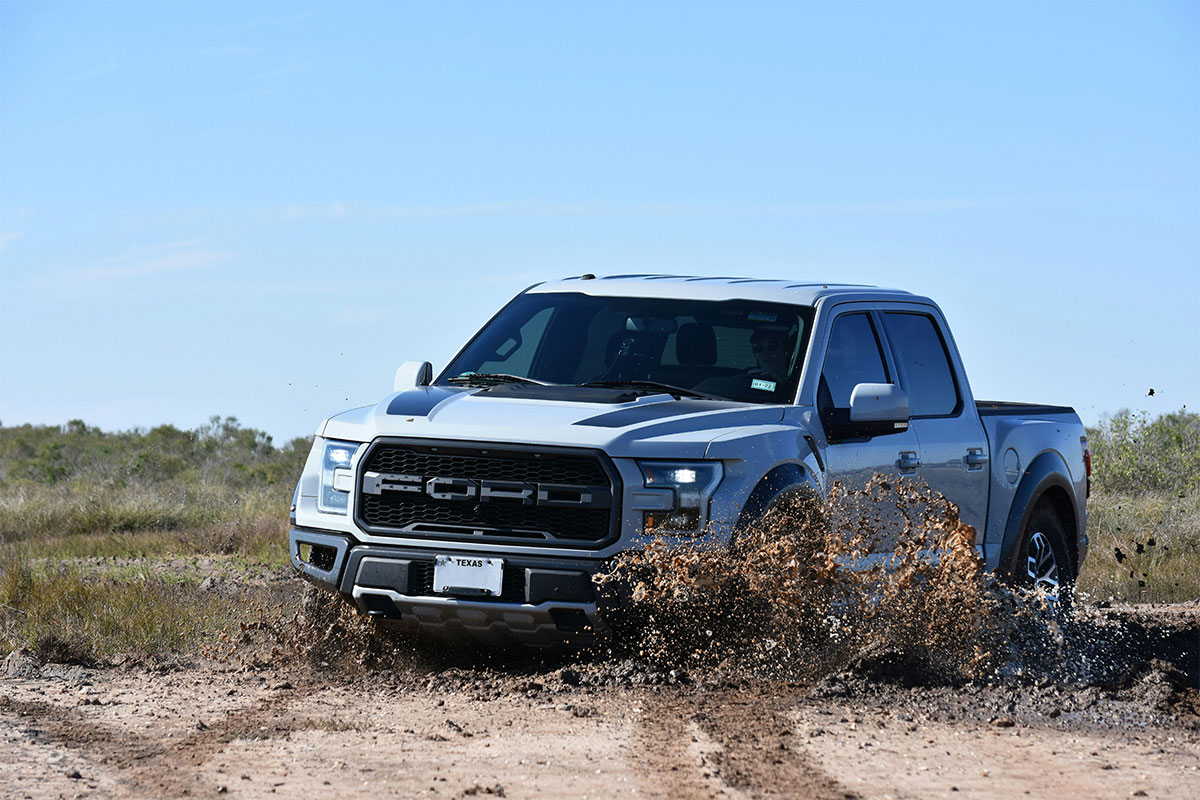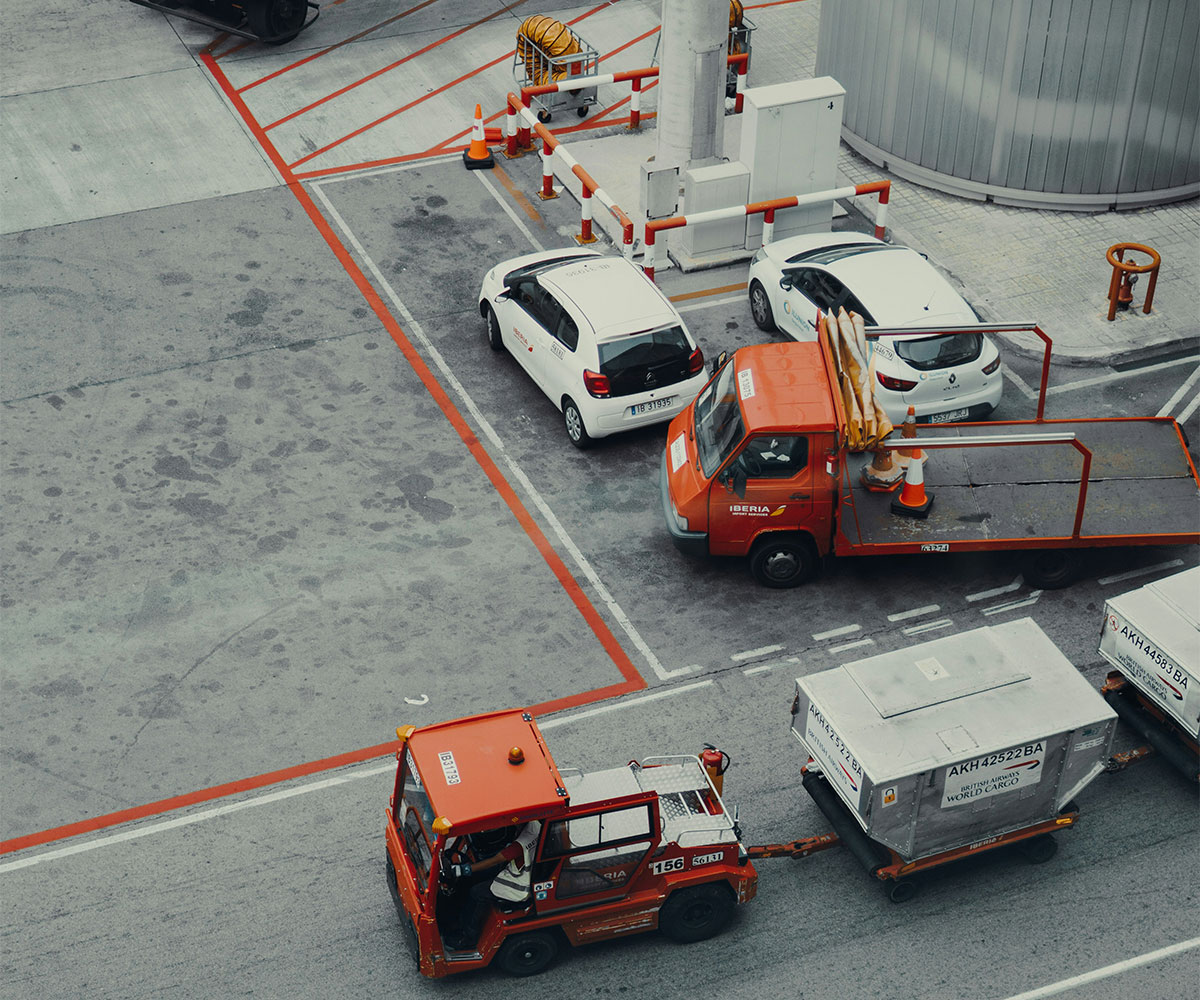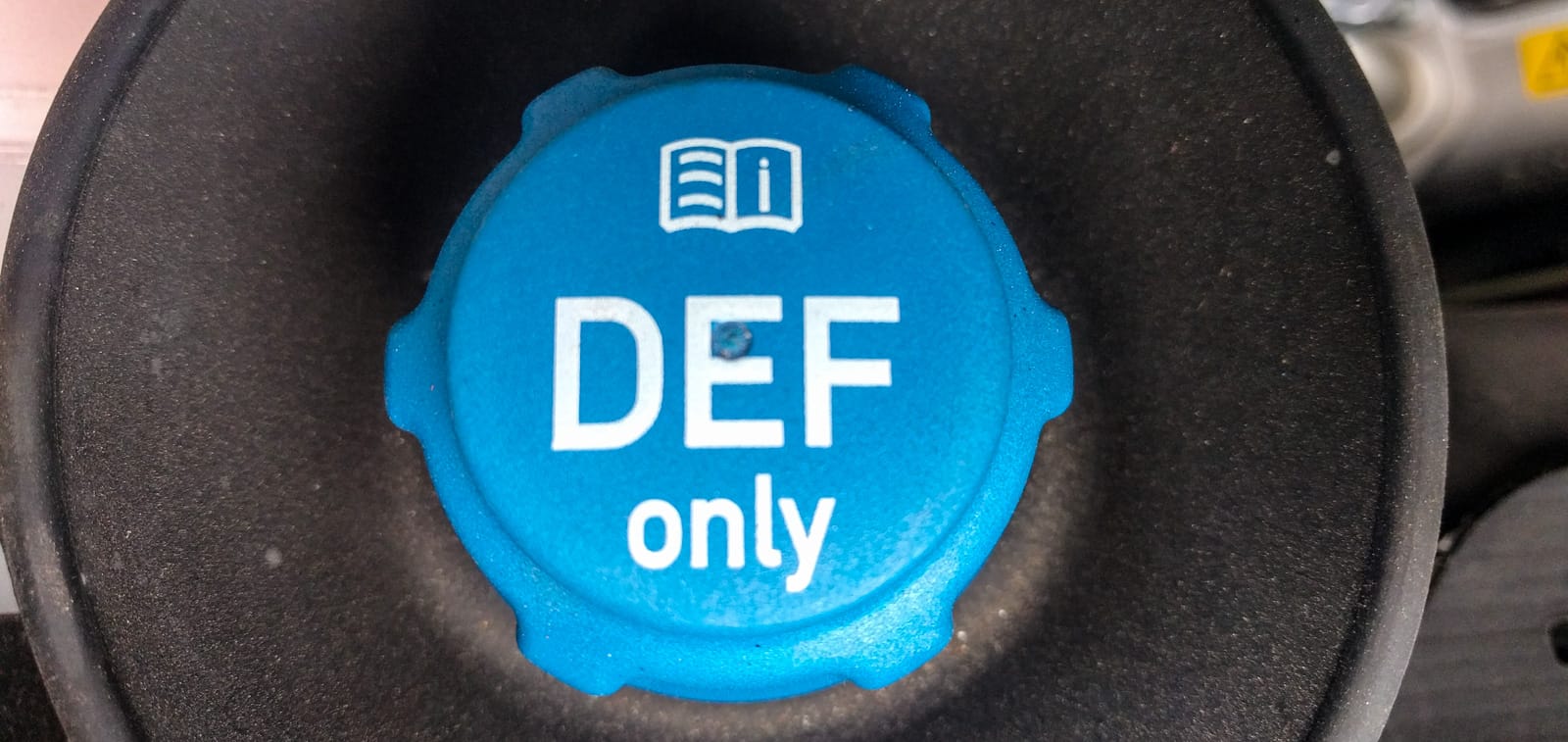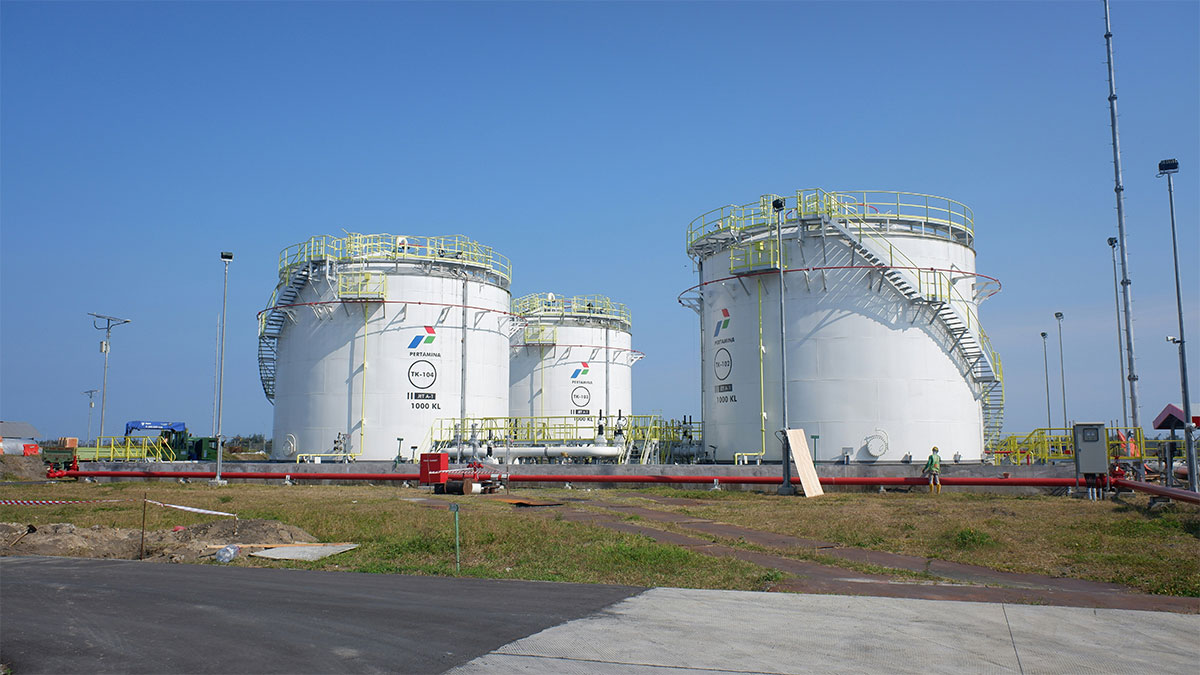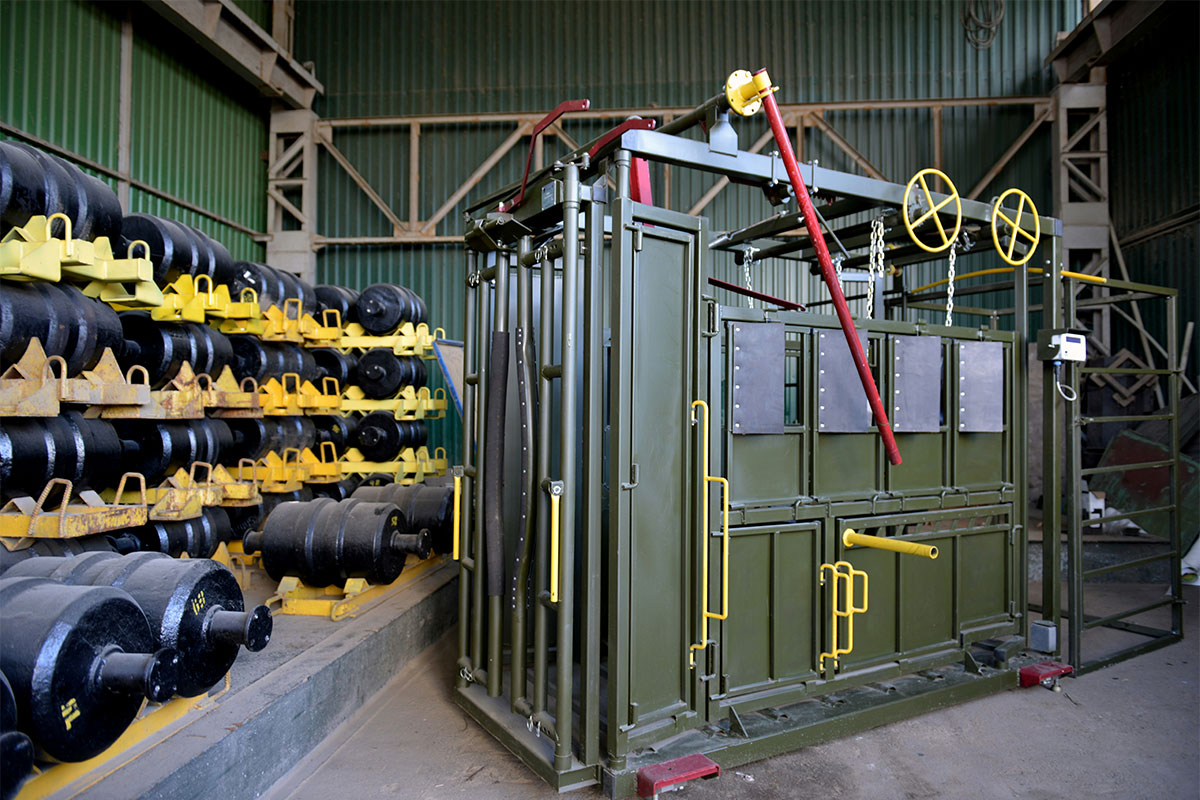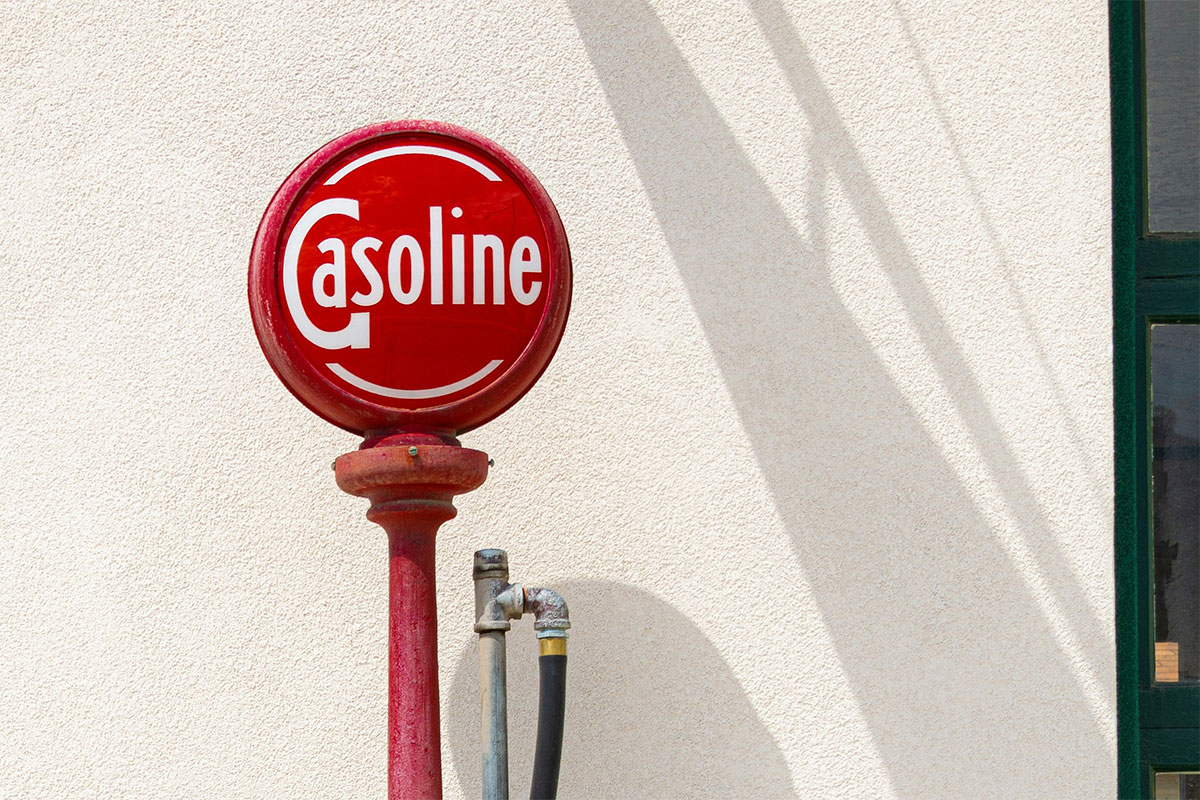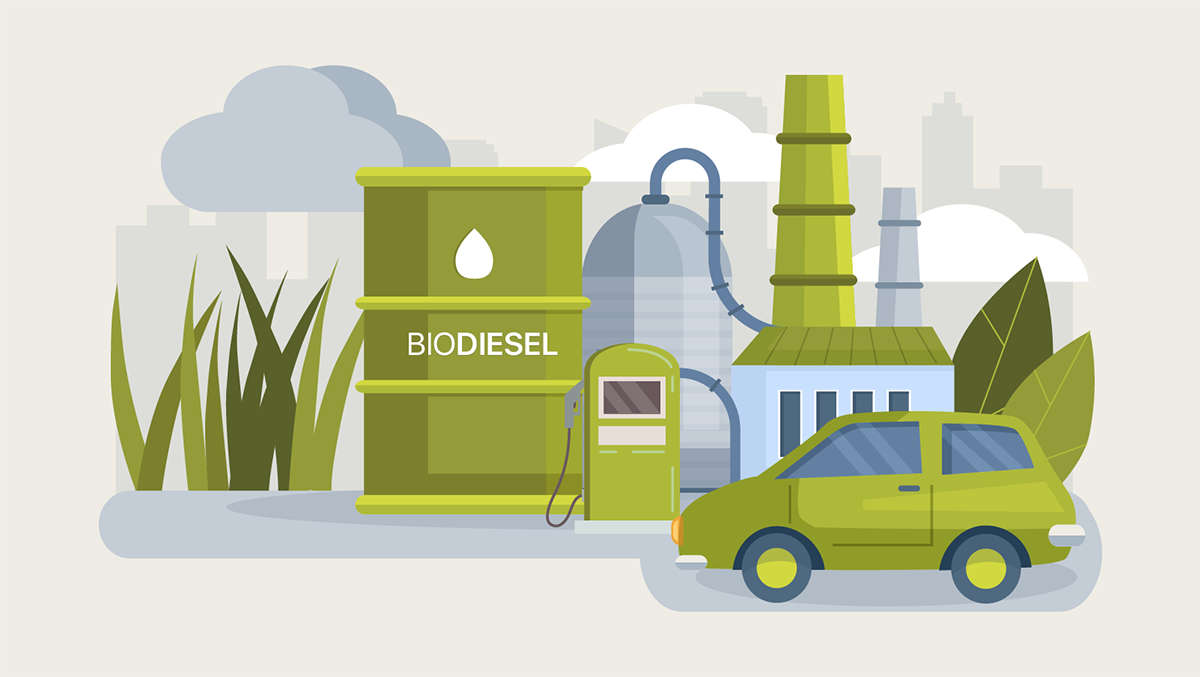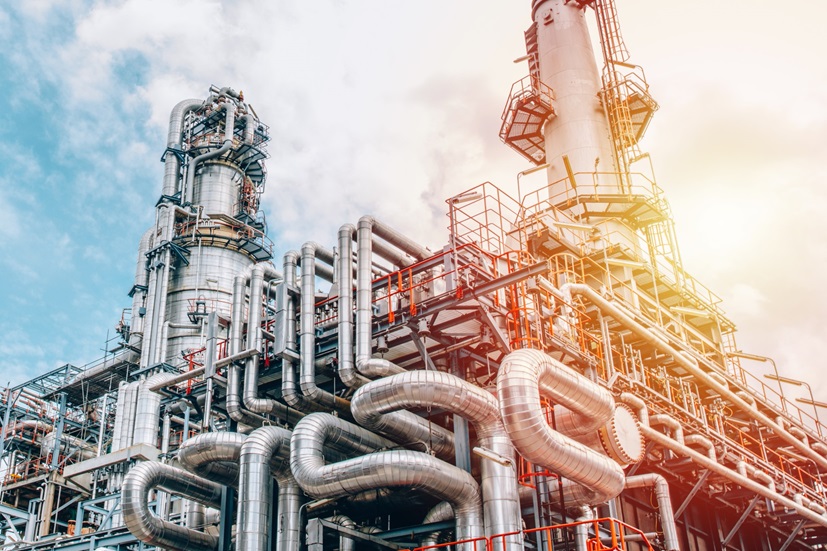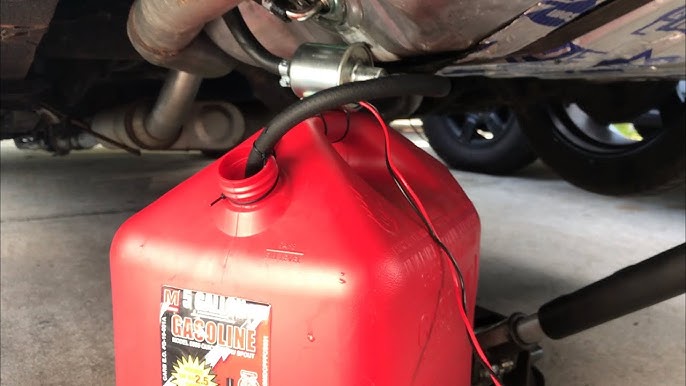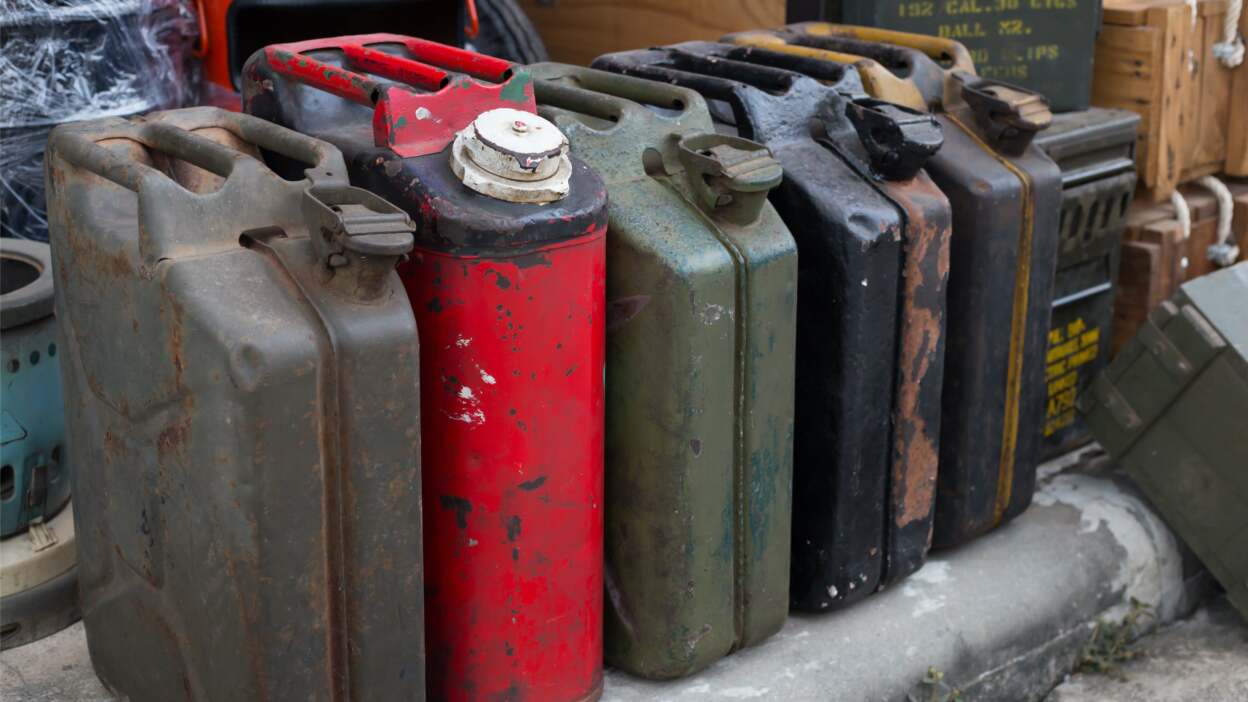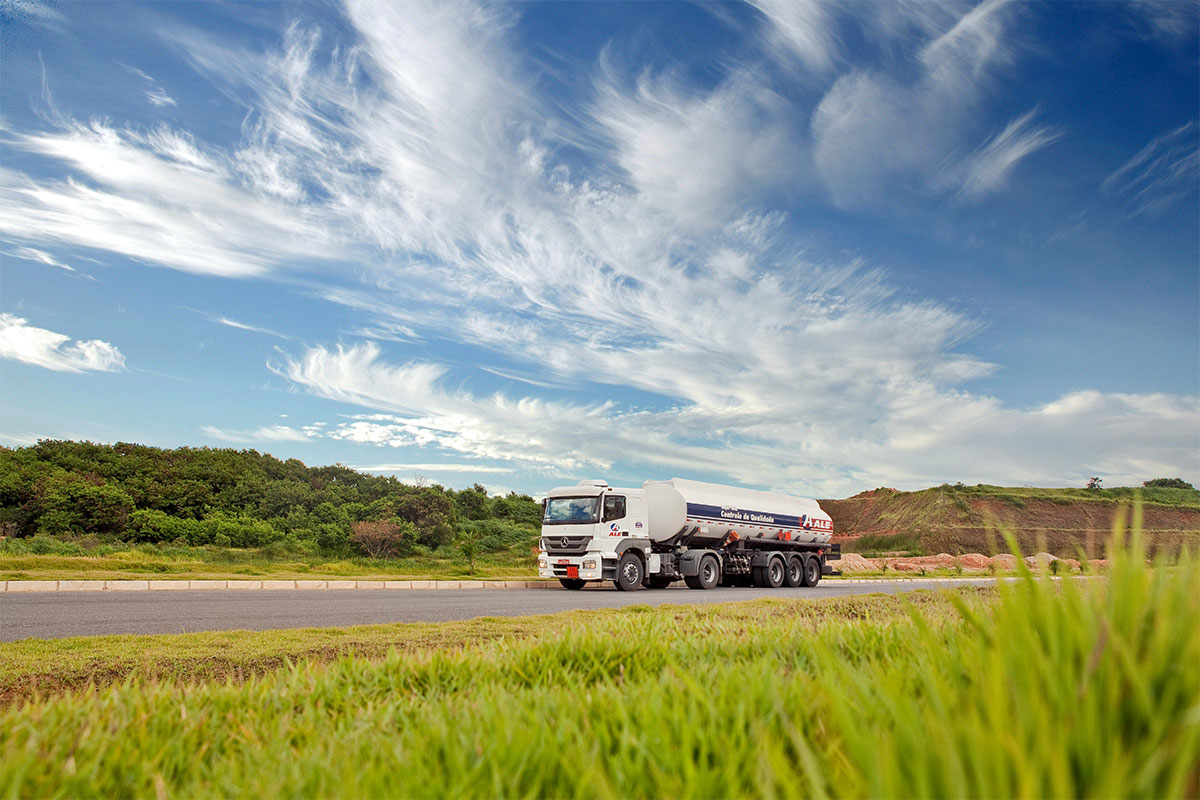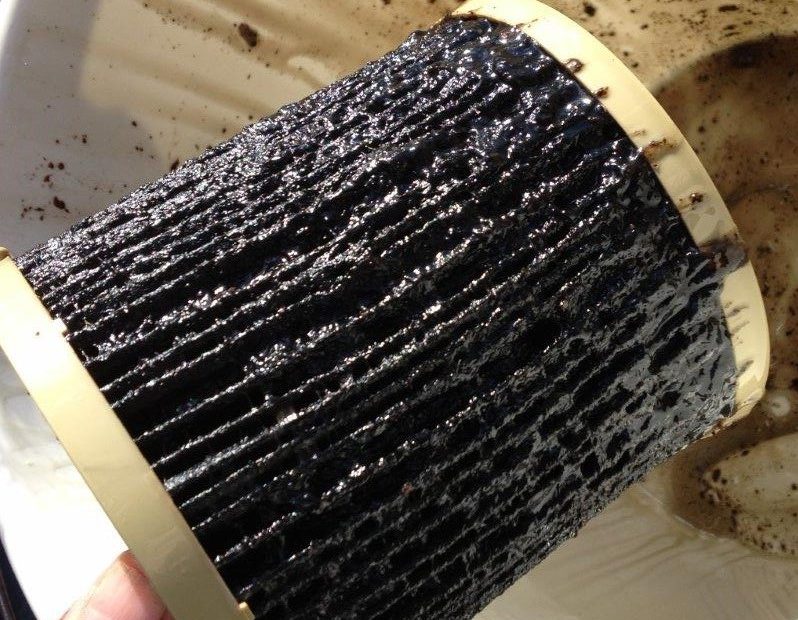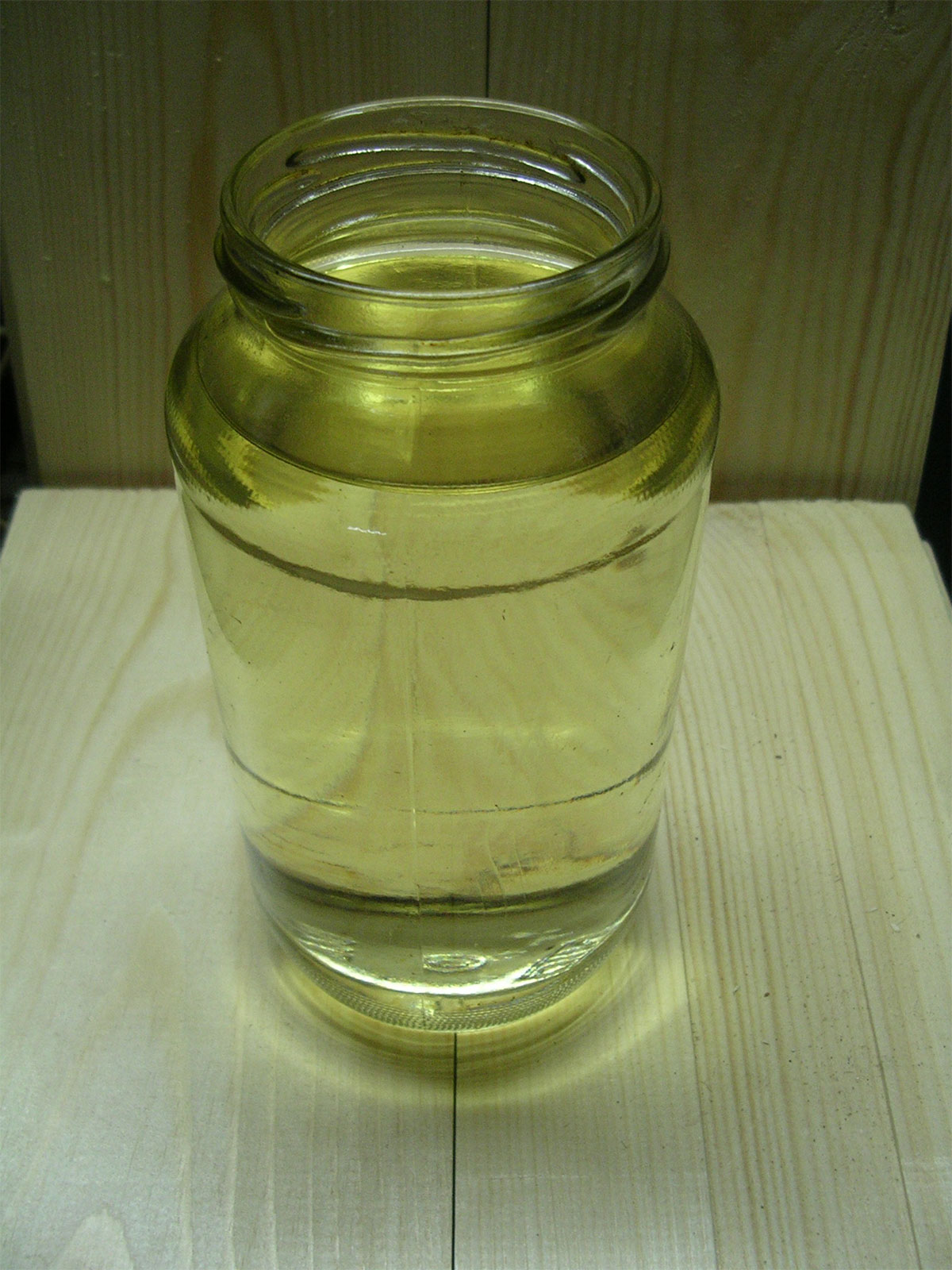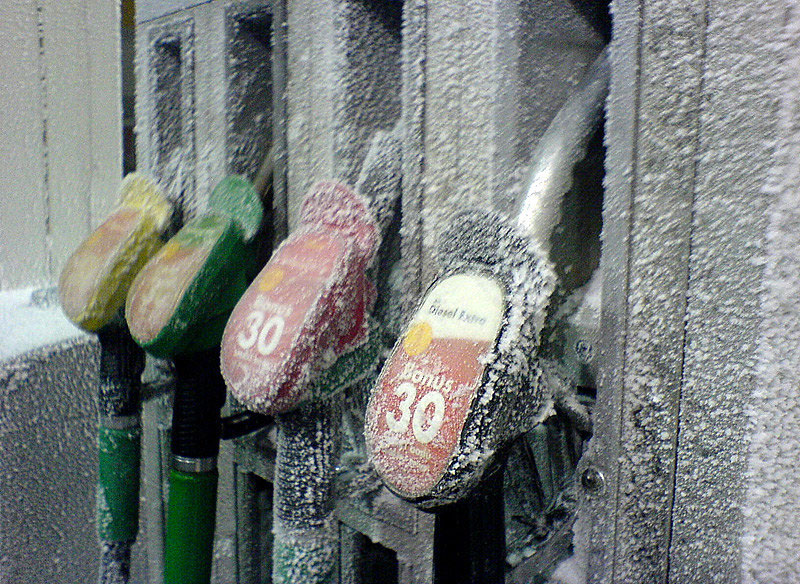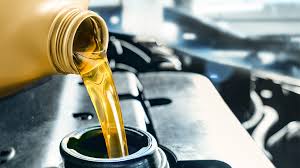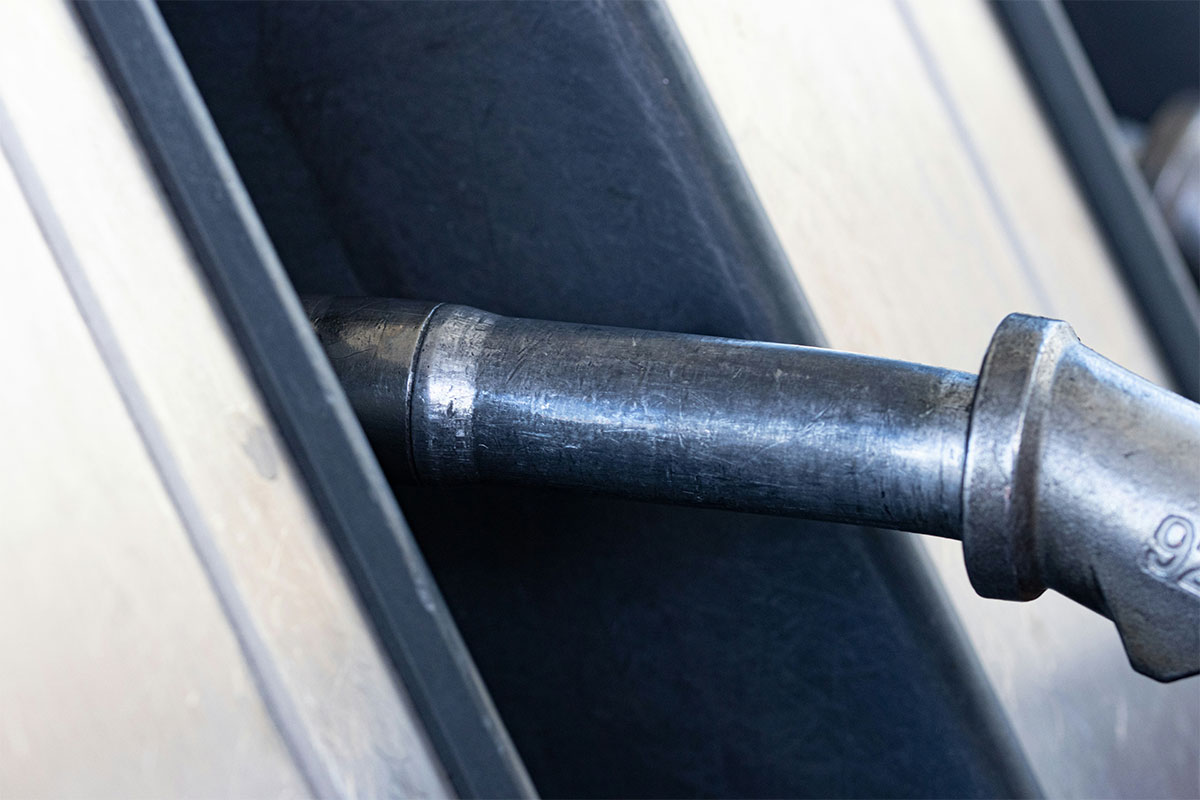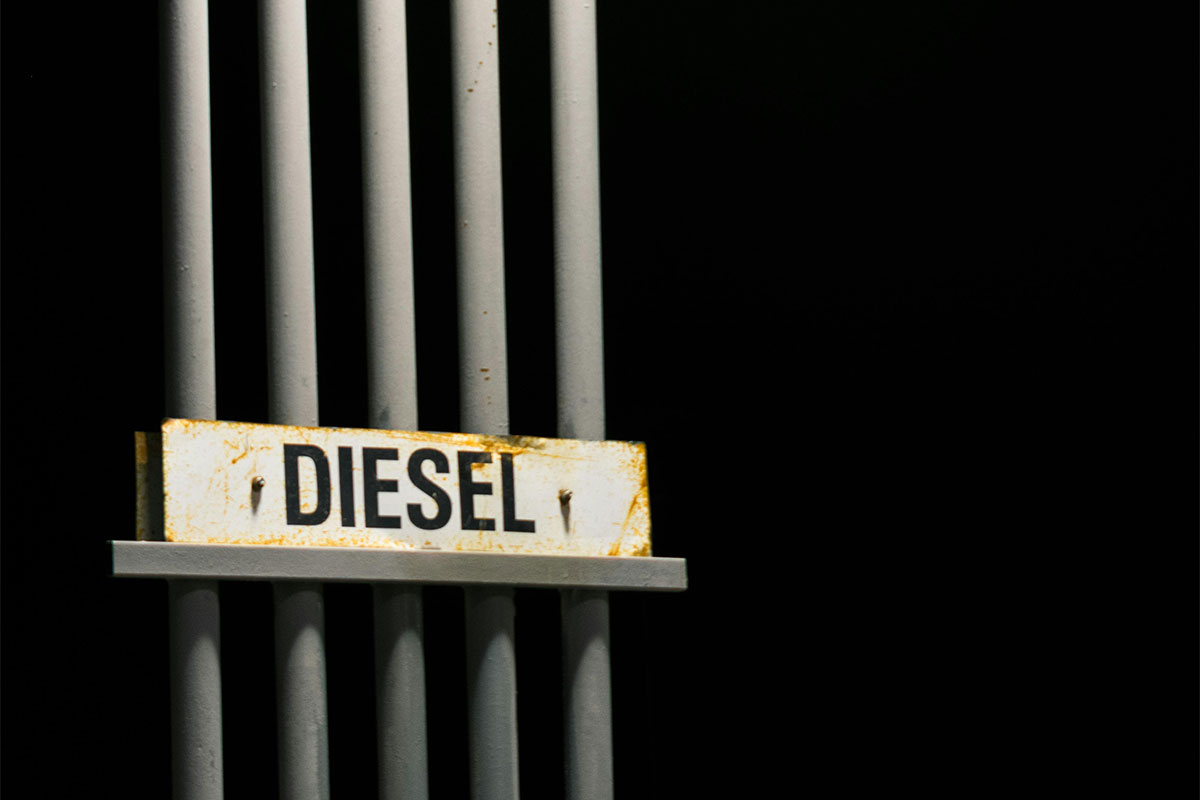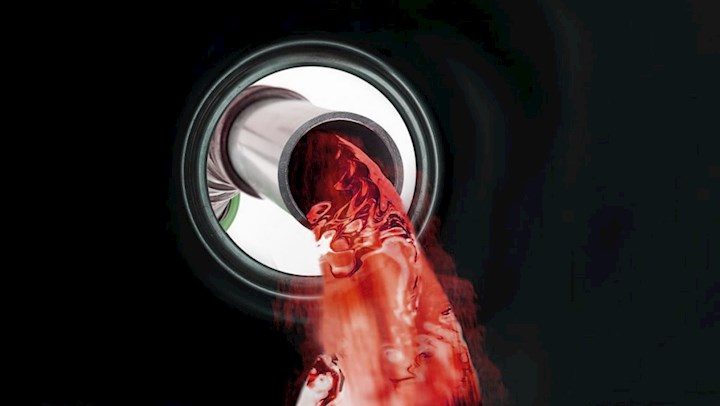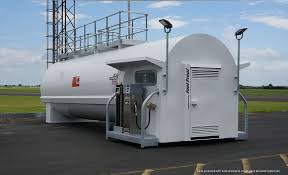Key Takeaways
- Diesel engines last longer and excel at long-distance, fuel-efficient driving.
- Petrol cars are great for city driving and cost less upfront.
- Engine choice impacts fuel economy, maintenance, and environmental regulations.
- Modern technology improves both petrol and diesel vehicle performance.
- Consider driving patterns before choosing between petrol or diesel engines.
Table of Contents
Diesel Vs Petrol
Diesel and petrol basically differ in ignition type. Petrol engines ignite fuel using spark plugs, while diesel engines use compression ignition, creating higher combustion pressures and improved torque. This difference affects engine design, fuel efficiency, and longevity.
Another difference in diesel and petrol is that diesel contains more energy per liter and petrol engines respond quicker. However, both of them benefit from today’s technological enhancements such as fuel injection, turbocharging, and emission control tech.
In your decision-making process of which to use, you must consider other factors such as maintenance, power and purpose of the car. The more pertinent question you need to answer isn’t “what fuel type should I use”, but it is “which is more efficient, diesel or petrol?” When you understand the differences, you’ll be able to make a good decision that fits your needs and lifestyle.
Which Vehicle Is Best Diesel Or Petrol?
The table below can help you to determine which vehicle is best diesel or petrol.
| Criteria | Petrol Vehicles | Diesel Vehicles |
|---|---|---|
| Performance | Rev faster with snappy acceleration. Great for stop-and-go urban traffic | Strong low-end torque. Ideal for highway cruising, towing, and long-distance driving |
| Usage Suitability | Best for short commutes and city routes | Best for high-mileage drivers and longer journeys |
| Engine Agility | Lighter and more agile in urban environments | Heavier but stable and efficient on highways |
| Fuel Economy | Less efficient for long drives, better for short trips | More fuel-efficient over long distances |
| Durability | Sufficient for moderate use, may wear faster with age | Offers longer engine life, more durable under constant use |
| Warm-Up Time | Warms up faster—efficient in frequent traffic stops | Takes longer to warm up, especially in short trip scenarios |
| Driving Environment | Ideal for cities with lots of stopping and starting | Suited for steady, uninterrupted driving |
| Driver Consideration | City drivers often prefer petrol over diesel for quicker responsiveness | Long-distance drivers prefer diesel over petrol for economy and torque |
Still in doubt between diesel or petrol? We can offer you a free virtual consultation with our fuel efficiency experts. You will receive personalized advice on what is best petrol or diesel for your driving style, location, and budget.
Not Sure Whether to Choose Diesel or Petrol?
Your driving habits matter more than just the price at the pump. From city commutes to cross-country hauls, we’ll help you decide which engine type aligns best with your routine, performance needs, and future savings.
Which Engine Is More Efficient Diesel Or Petrol?
Understanding efficiency when choosing what vehicle to use is very crucial. So the question of which engine is more efficient diesel or petrol, comes in handy. The answer to this question mostly goes to favour diesel due to its higher nervy output per liter. This is even more pronounced when considering highway driving or heavy duty tasks.
However, modern petrol engines with some enhancements like turbochargers, direct injection and variable valve timing have become increasingly efficient and even outperform diesel engines in urban settings in the short run. So we can’t say for short which one is more efficient as they both serve different purposes in different settings. Your decision ultimately depends on what you intend to accomplish with your vehicle.
Do Diesel Cars Last Longer?
The short answer is “yes”. Due to their robust combustion and lower rotation per minute, diesel cars tend to have longer lifespans than their petrol cars. Diesel engines are built to endure high-pressure combustion, which contributes to longevity. For long term users, a diesel engine is the ideal investment as it can go up to 300,000KM and more when properly maintained.
However, petrol engines will get worn out sooner than diesel when under heavy use.
This is a crucial difference that answers the question of which engine is good petrol or diesel? Diesel has a clear edge in applications that involve heavy use or carrying load. But it is also important to note that whether using diesel or petrol, maintenance has a huge effect on the lifespan of the vehicle.
Want to Lower Your Vehicle’s Long-Term Running Costs?
Diesel engines can go the distance—but only if they match your mileage and maintenance mindset. Learn how fuel type affects servicing, efficiency, resale, and lifespan.
Petrol Vs Diesel Car Running Cost
In the debate on running cost, petrol vs diesel, the relevant factors are;
- Cost of purchasing: Except in some regions, petrol cars cost less to buy than diesel cars. The parts of petrol cars also cost less.
- Fuel prices: Diesel prices are usually higher than petrol prices. But a liter of diesel covers longer distances than a liter of petrol, so for drivers covering long distances, diesel may cost less overtime. While petrol is ideal for urban use.
- Vehicle efficiency: A diesel engine is more efficient and has a higher energy output than a petrol engine
- Servicing cost: Diesel cars cost more to service than petrol cars
- Taxes: Due to emission related charges, diesel cars are often subject to more tax than petrol cars.
Diesel cars and petrol cars also have differing insurance costs.
So, which vehicle is best; petrol or diesel? It depends on your mileage. High-mileage users will benefit from diesel, while city drivers will be better off with petrol. Evaluate your annual mileage to make the right choice.
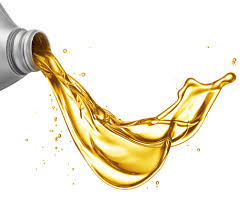
Is Petrol Or Diesel Better For The Environment?
In comparing which is better for the environment between petrol and diesel, the answer isn’t linear. Petrol engines give off more carbon dioxide which contributes to flapjack warming. But diesel produces nitrogen oxides and more particulates which make it less advantageous for urban settings. New tech like diesel particulate filters and selective catalytic reduction has improved emissions, but many cities still impose penalties on older diesel vehicles who don’t have this new technology.
So you may ask “why is petrol preferred over diesel in urban areas”, well this is because petrol has cleaner tailpipe emissions. In terms of purity, the two have different purity levels depending on refinement processes and sulfur content. If you’re wondering which is more pure diesel or petrol, it depends on refinement and sulfur content, of course, the two have different characteristics.
Want to go greener? Access our exclusive eco-smart vehicle list and earn incentives from verified green dealerships.
Going Green? Know Which Fuel Fits the Eco Bill
It’s not just about emissions—urban restrictions, fuel purity, and future regulations all factor in. Discover the environmental pros and cons of petrol vs diesel in your region.
Should I Buy A Petrol Or Diesel Car?
To answer this question, you must start by checking your daily routine. As we have mentioned before, you answer the question: should I buy a petrol or diesel car? You must know whether you’ll be an urban cruiser or a highway cruise. Petrol is better for short trips and in urban areas. While diesel with its superior torque and fuel efficiency serves you better on the highways and long trips.
Reselling value depends on regional fuel trends and environmental regulations, so you need to check your local market to gauge the value of reselling. Here’s a breakdown of how to think about your decision;
- Under 30 km/day = Petrol
- 30–100+ km/day = Diesel
- Mostly city = Petrol
- Mostly highway = Diesel
- Want quick resell = Depends on your location
If this checklist doesn’t help you specifically and you need more guidance to answer the question: diesel or petrol which is best? Our advisors will be glad to guide you.
Why Do People Prefer Diesel Over Petrol?
Why do people prefer diesel over petrol? Ever wonder why do people prefer diesel over petrol? The main reasons are power, fuel economy, and durability. Diesel engines provide more torque, especially at low rotations per minute, making them very practical for towing or long-distance driving.
Diesel cars typically use less fuel per kilometer, reducing running costs for frequent drivers.Many people also think that diesel cars are more robust and reliable over time.
Now, there are also some people who prefer petrol over diesel. This is due to its low noise levels, smoother revving, and lower emissions in newer models. Many drivers prefer petrol cars for daily commuting and low-maintenance ownership. So, which engine is the best , petrol or diesel? The answer varies. If performance and fuel economy rank high on your list, diesel might win.
Which Fuel Is Best For Performance?
What does performance mean to you? This is the actual question you need to answer if you’re asking which fuel is best for performance.
Petrol engines rev higher and respond faster, delivering a smoother and more spirited drive. This makes petrol cars ideal for enthusiasts who enjoy dynamic handling and acceleration.
Diesel engines also have their own characteristics. They provide more torque at lower rotations per minute. This makes them better for towing, overtaking, and highway driving.
Petrol is lighter, more flexible while diesel is more powerful. Ultimately, the decision of which is more performant depends on your needs and preferences. If you want a thrilling drive, petrol is better for you, but if you want power, diesel is your go to.
What Truck Is Better Gas Or Diesel?
When it comes to what truck is better, gas or diesel, you should know that diesel trucks have better torque, fuel economy, and long-haul endurance. So they can easily handle towing, payloads, and rough terrain more efficiently. This is why many truckers prefer diesel over petrol for trucks.
But petrol trucks too have their own appeal, they are easier to maintain and less costly to purchase. They excel in light duty work and will be very suitable for more urban-casual use.
Business fleets were due efficiency per mile and performance under load are crucial, almost always using diesel while personal trucks in urban areas can easily be petrol. The question of which is better, petrol or diesel trucks is largely dependent on the purpose of the truck and
What Is The Difference Between Petrol, Gas, And Diesel?
The names gas and petrol are sometimes used interchangeably. In the UK, petrol is used to refer to every fuel type that is used in spark-ignition engines. In the US and Canada, petrol is called gas, which is short for gasoline. Diesel on the other hand is called diesel globally.
Knowing these terminologies and how they’re used in various regions will help you sort out what you need when you’re in different places and also help you participate in conversations without getting confused.
How To Know If A Car Is Gas Or Diesel?
Cars will generally reveal whether they are diesel or petrol. So you just have to look out for the signs. For example, on the fuel filler cap, it is usually indicated which fuel type the car takes.
There are also other characteristics that stand out for each car, for example, diesel engines are usually louder, while petrol engines are usually smoother. The fuel types are always specified in the user manual. Missing the fuel type in a car can cause real damage to an engine. So knowing the right fuel type for your car can save you some issues.
What’s The Difference Between Petrol And Diesel Cars For Beginners?
As a beginner getting your first car or thinking of it, the table below will help you understand the differences between
| Aspect | Petrol Engine | Diesel Engine |
|---|---|---|
| Fuel Type | Uses petrol, ignited by spark plugs | Uses diesel, ignited through compression |
| Cost of Vehicle | Typically cheaper to buy | Generally more expensive upfront |
| Fuel Efficiency | Less fuel-efficient, higher consumption | More fuel-efficient per litre |
| Engine Power | Higher revs, smoother and quieter | Stronger torque, better for towing and heavy loads |
| Maintenance | Cheaper parts, simpler service needs | Costlier upkeep, but longer service intervals |
| Driving Suitability | Best for city driving, short commutes | Ideal for highway, long-distance, and rural use |
| Environmental Impact | Emits more CO₂ | Emits more NOx and particulates |
| Lifespan | Wears faster at high RPMs | Built to last longer under sustained stress |
Which Is More Fun To Drive Petrol Or Diesel?
The debate on which is more fun to drive comes down to what every one driver wants to feel when driving. As mentioned earlier petrol is smoother and lighter, offering a more thrilling in-city driving experience. While diesel with its strength and torque is more fun on the highway. If you enjoy shifting through gears and hearing the engine roar, you’ll likely find petrol more fun. But if you appreciate efficient power and low RPM punch, diesel delivers. Still asking which engine is good, petrol or diesel? It depends on your driving thrill.

